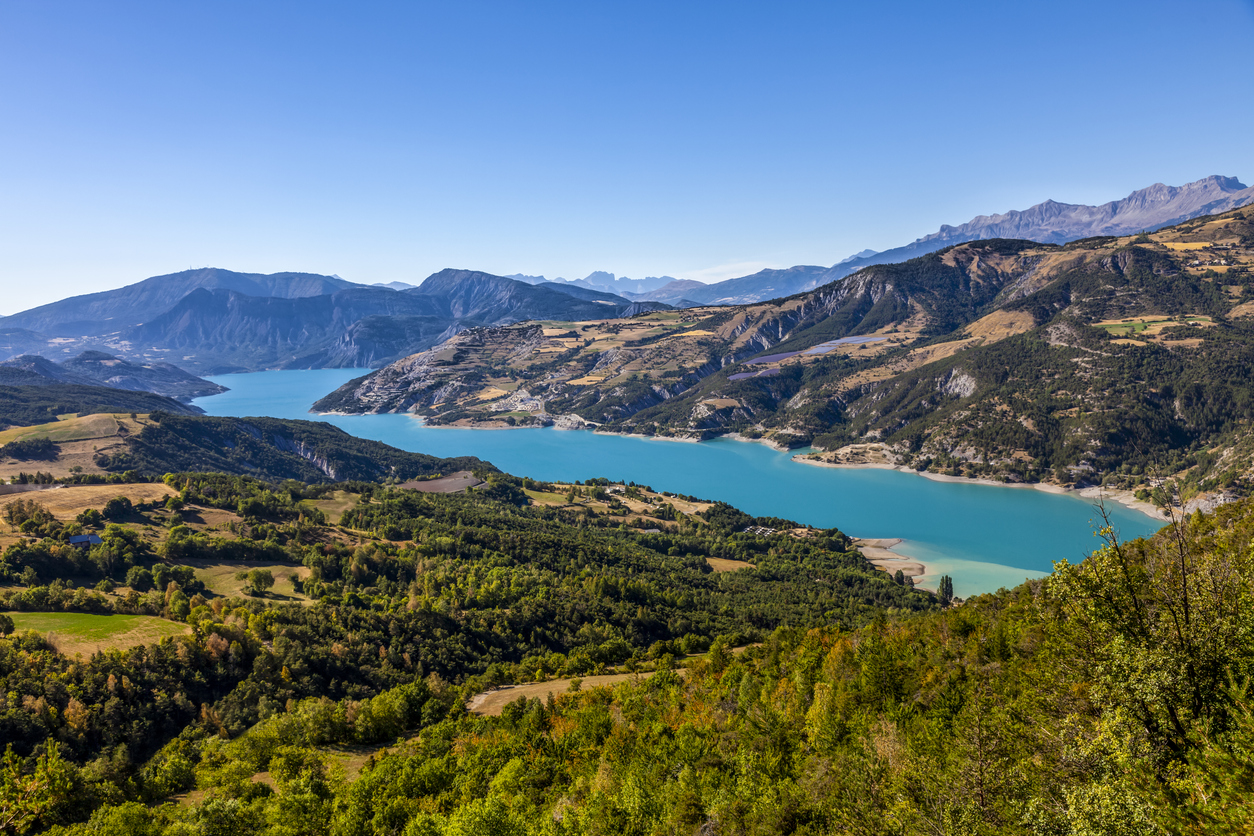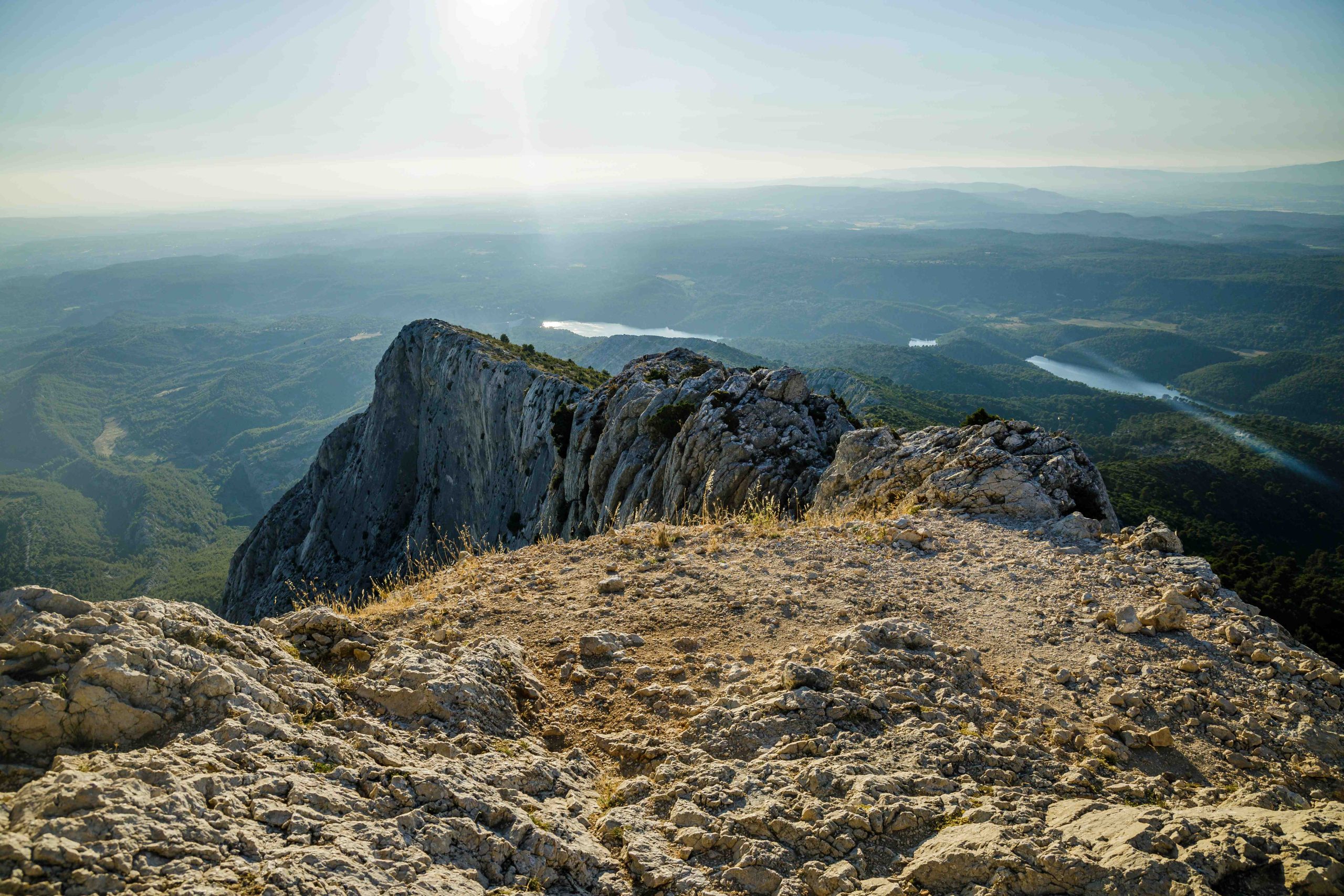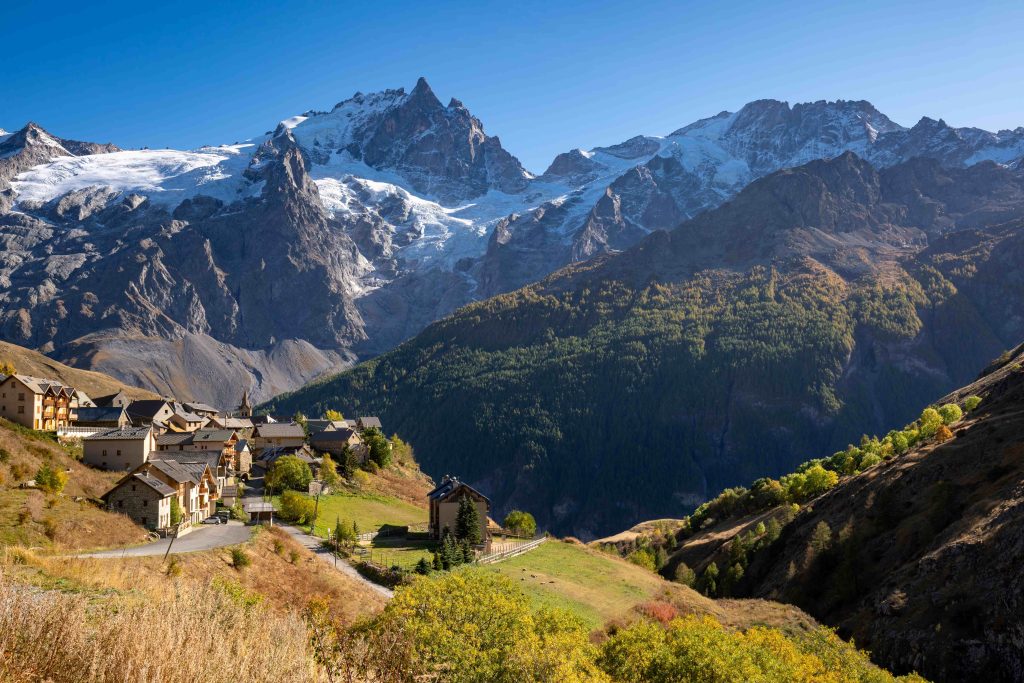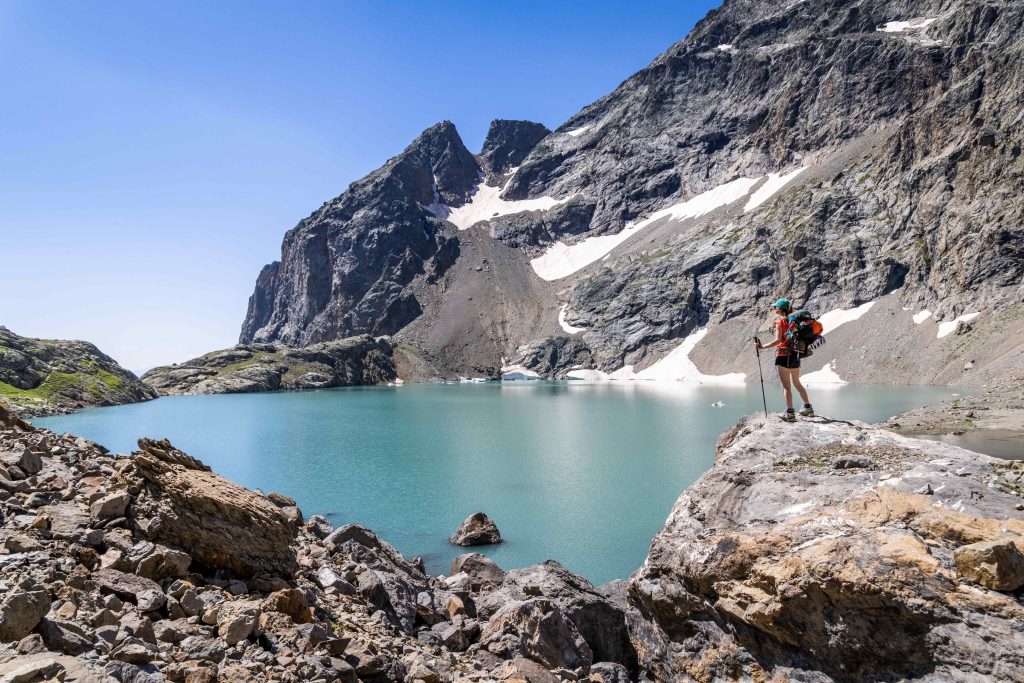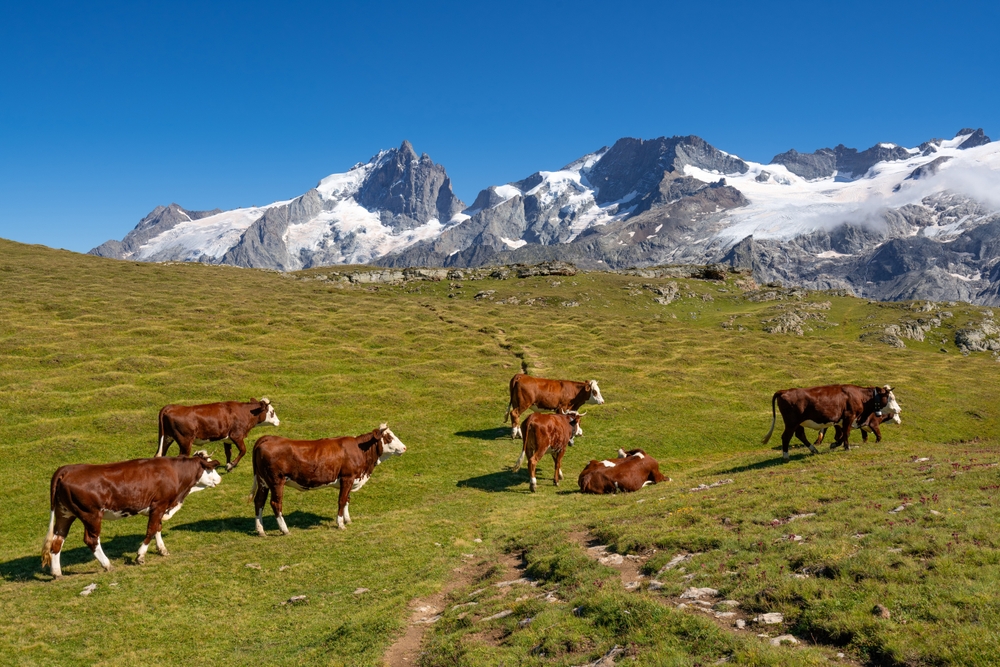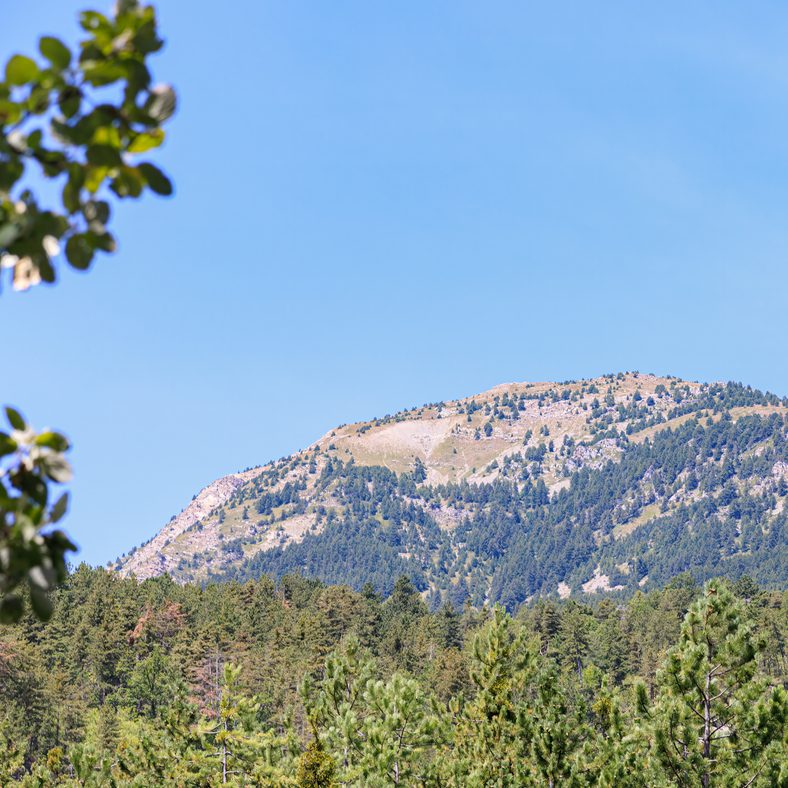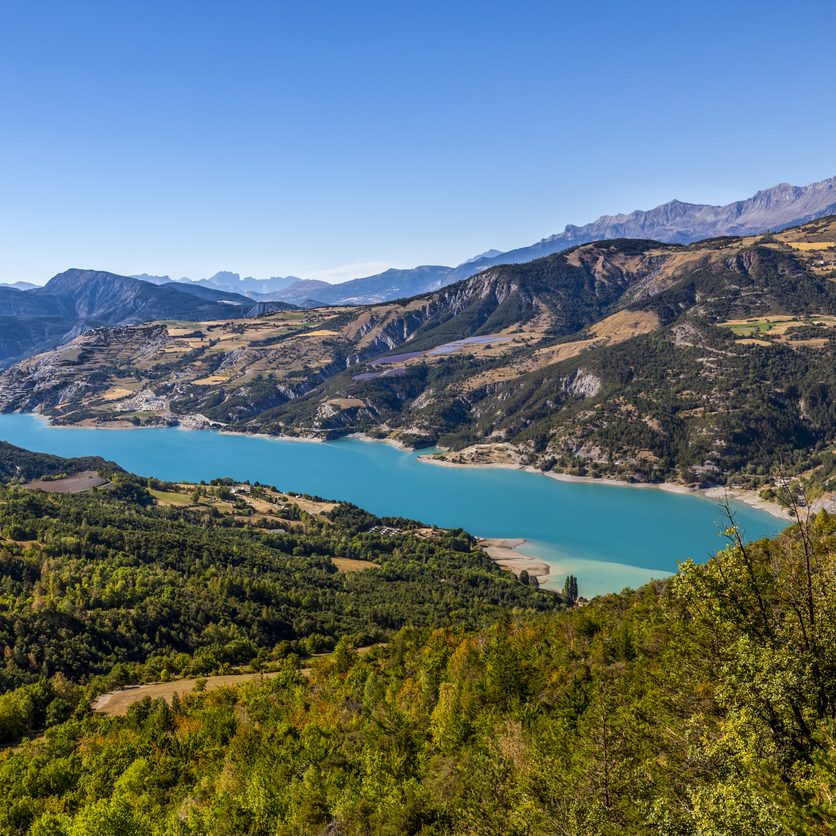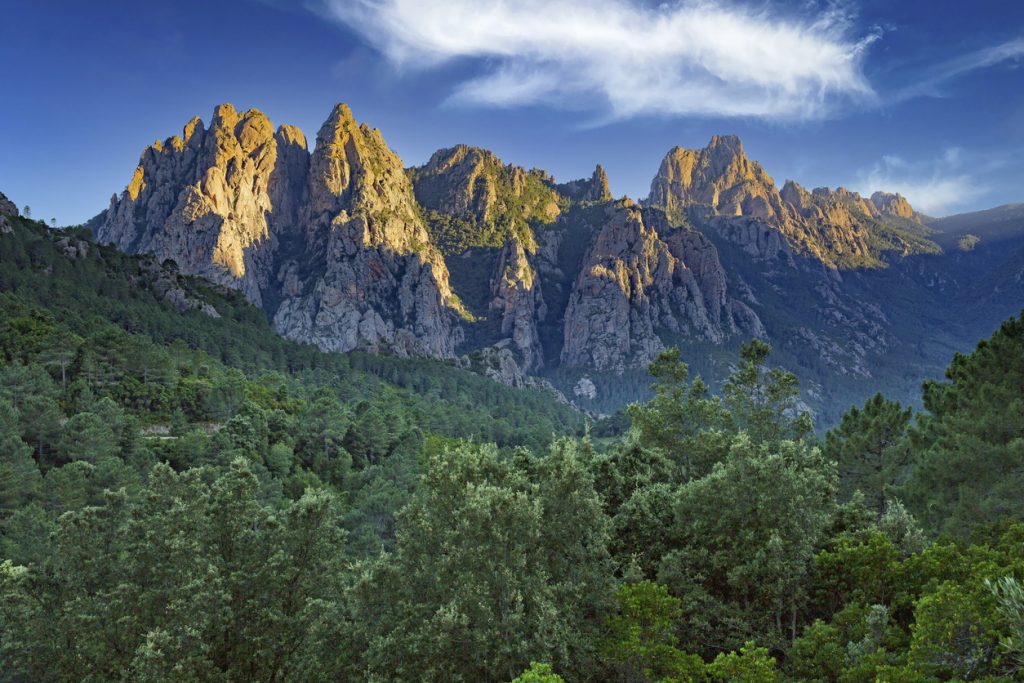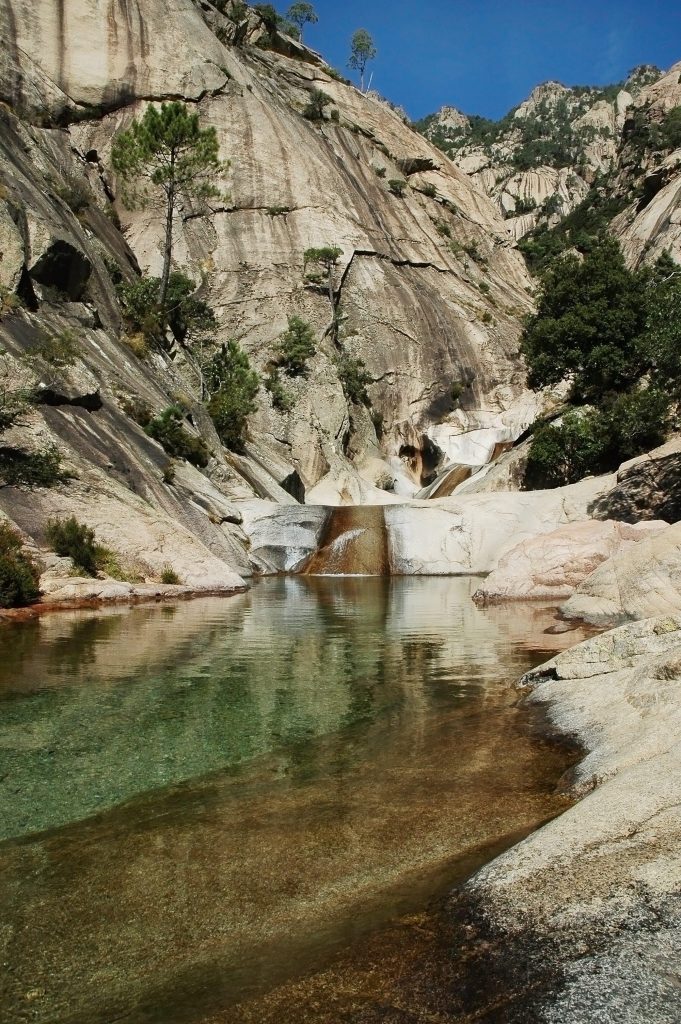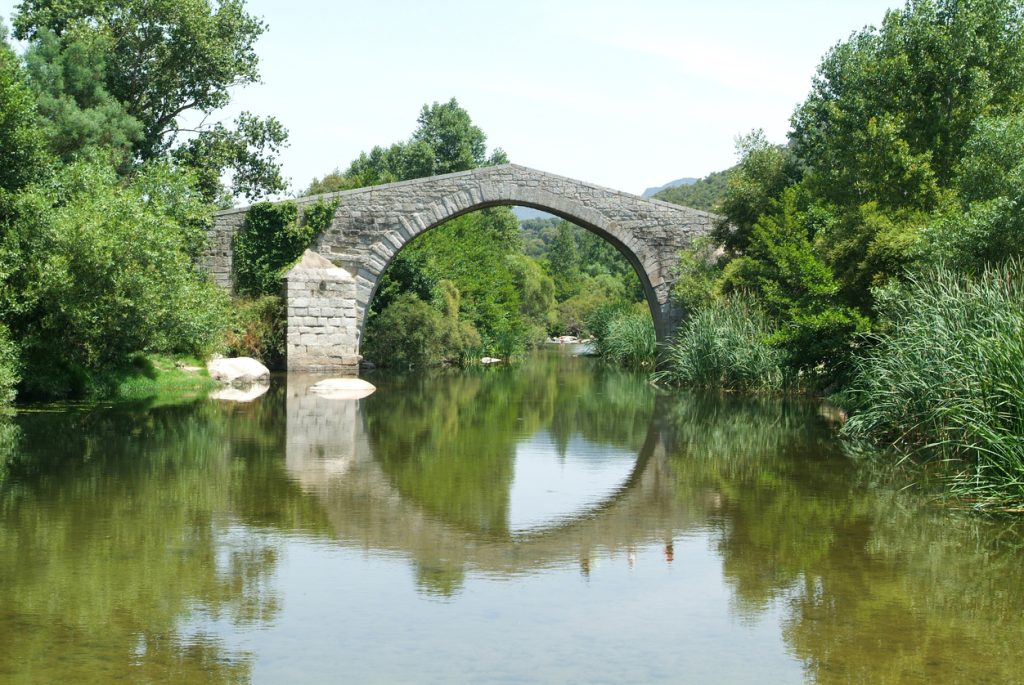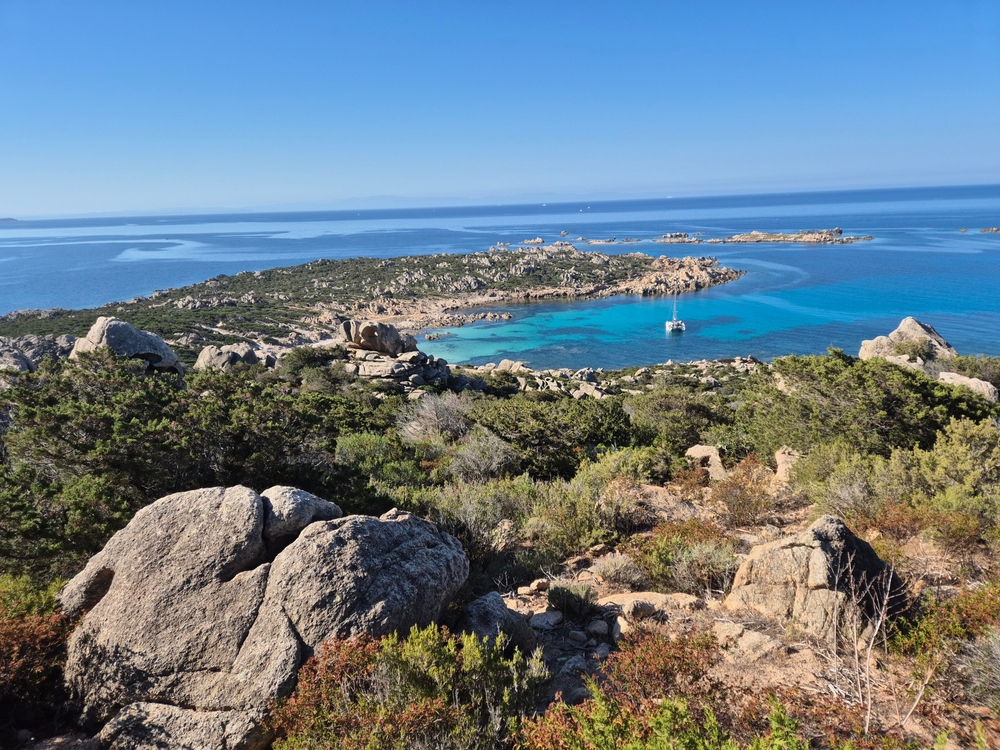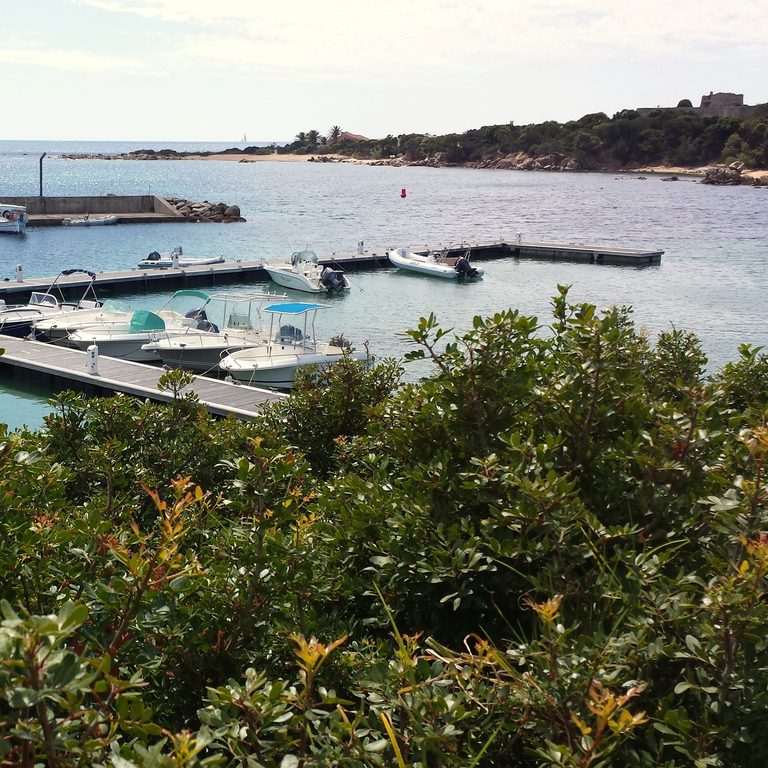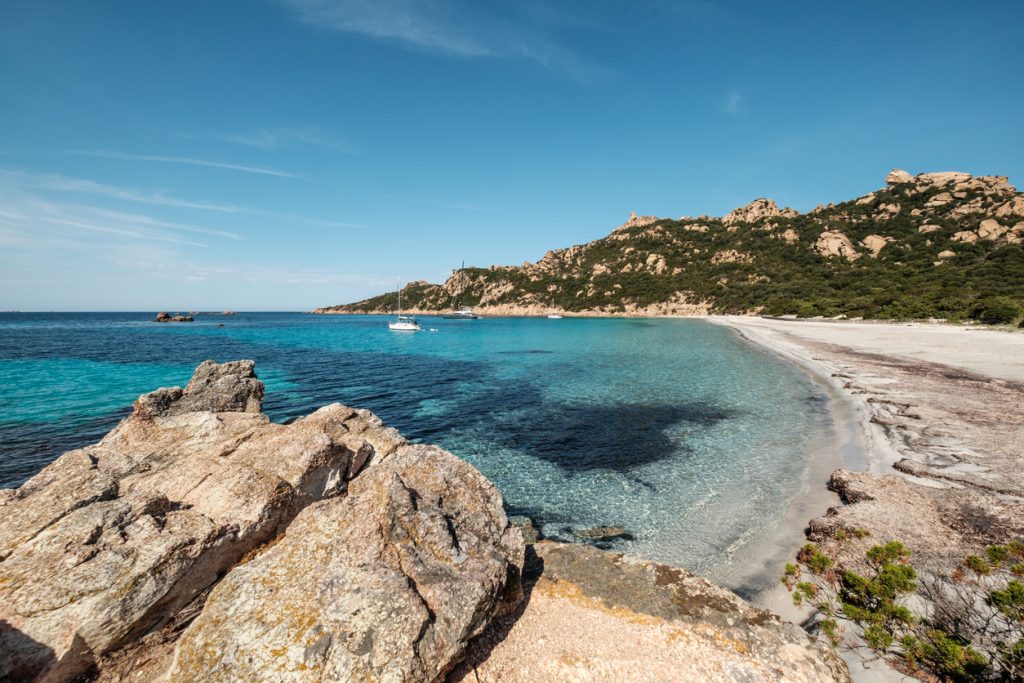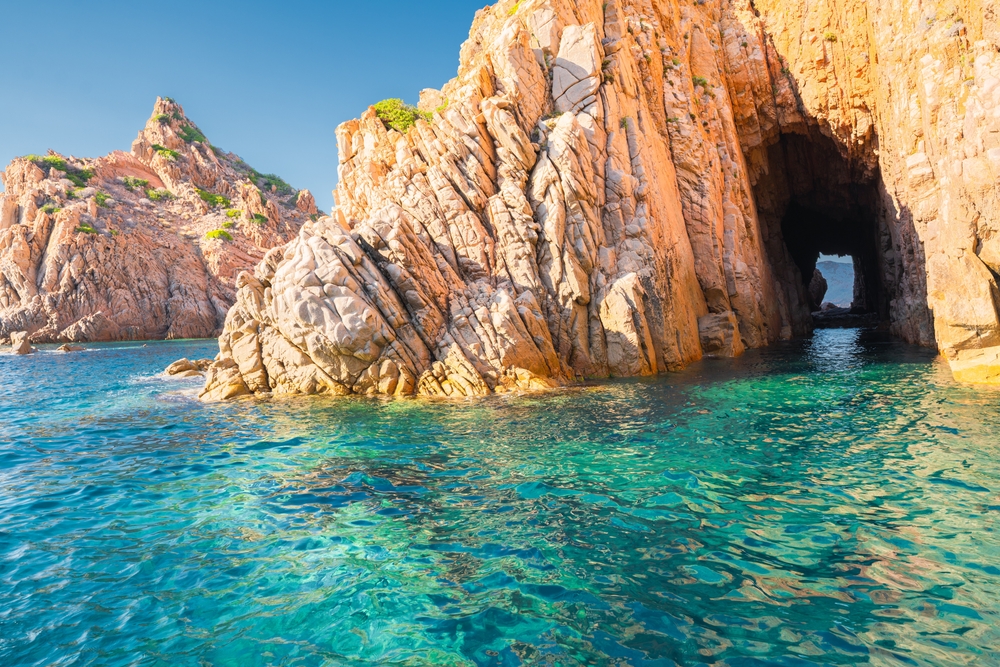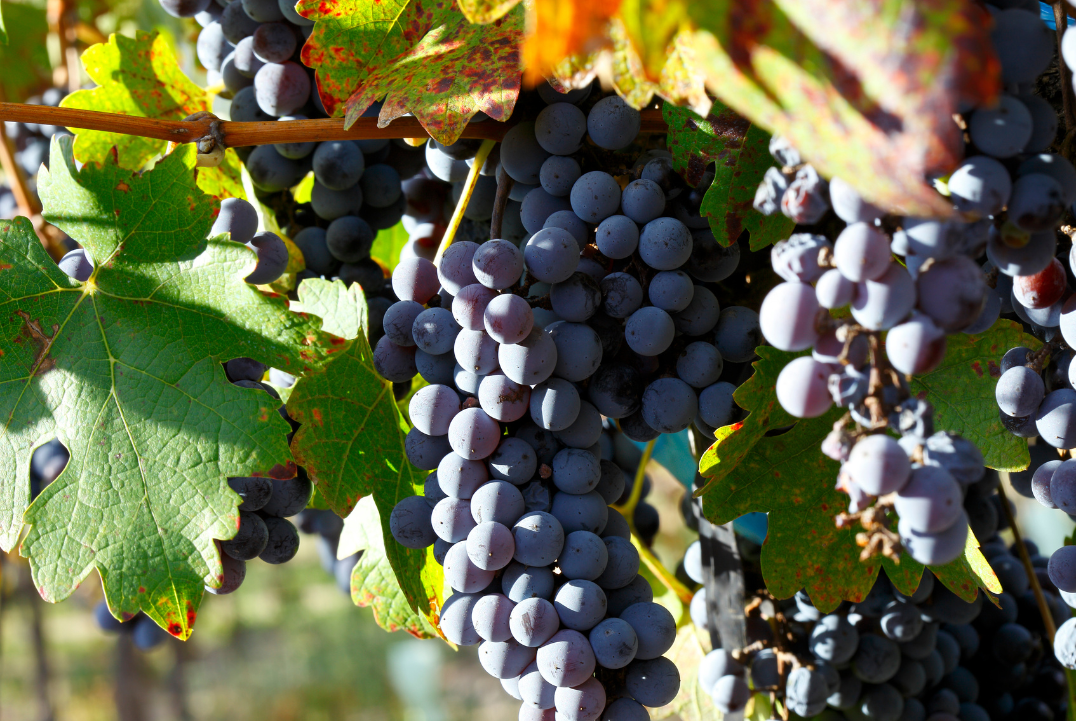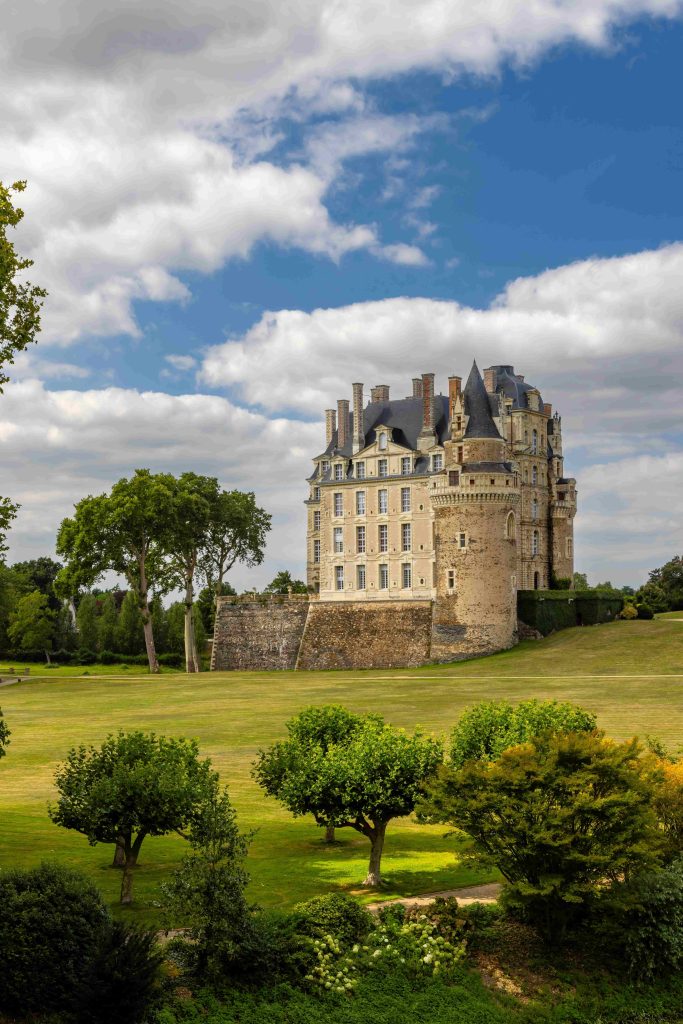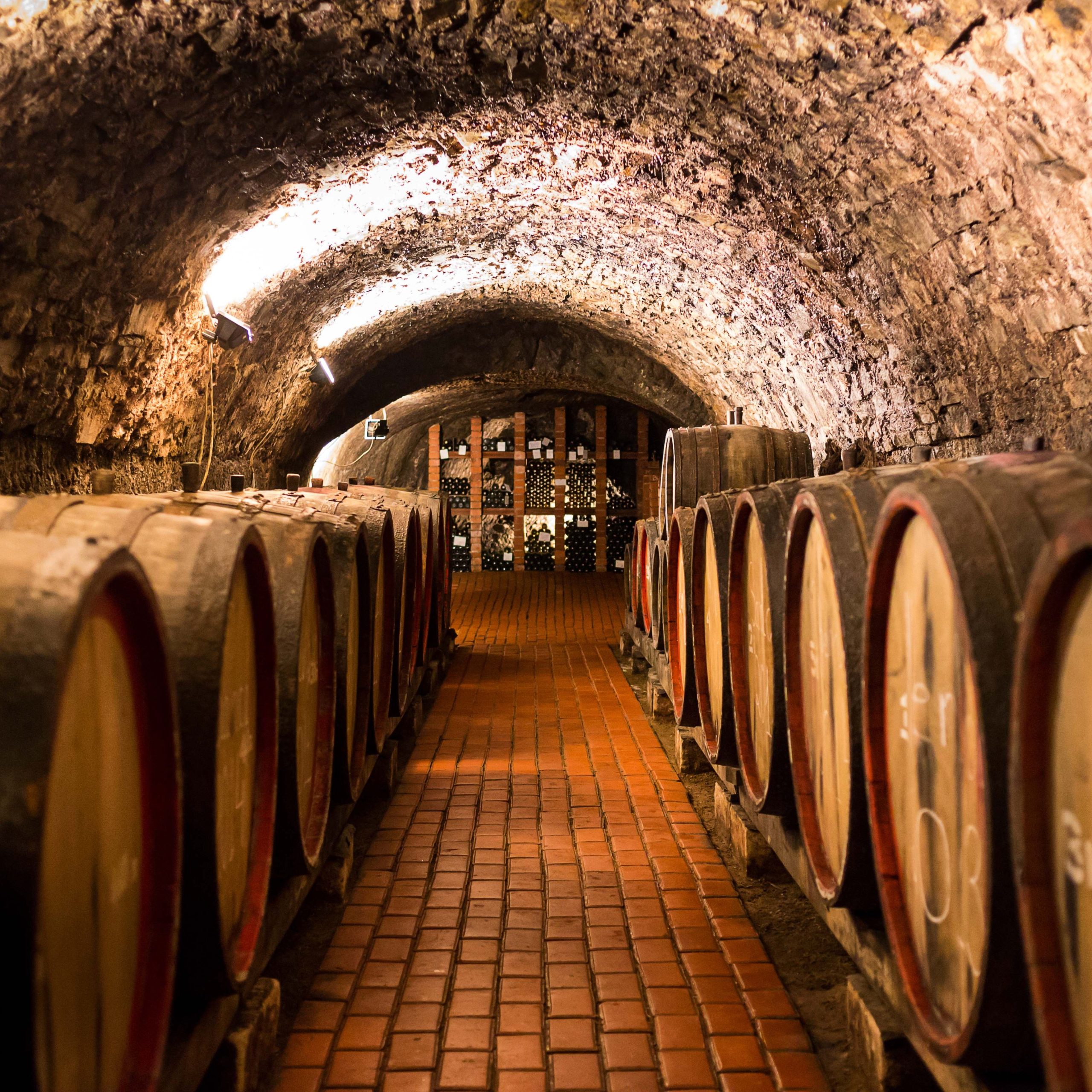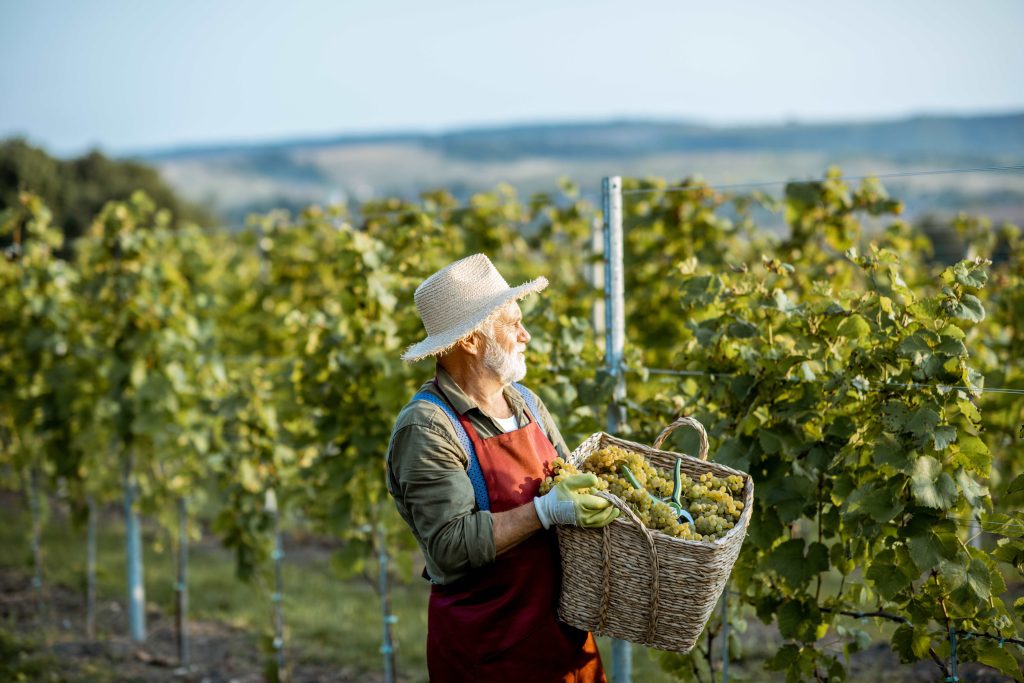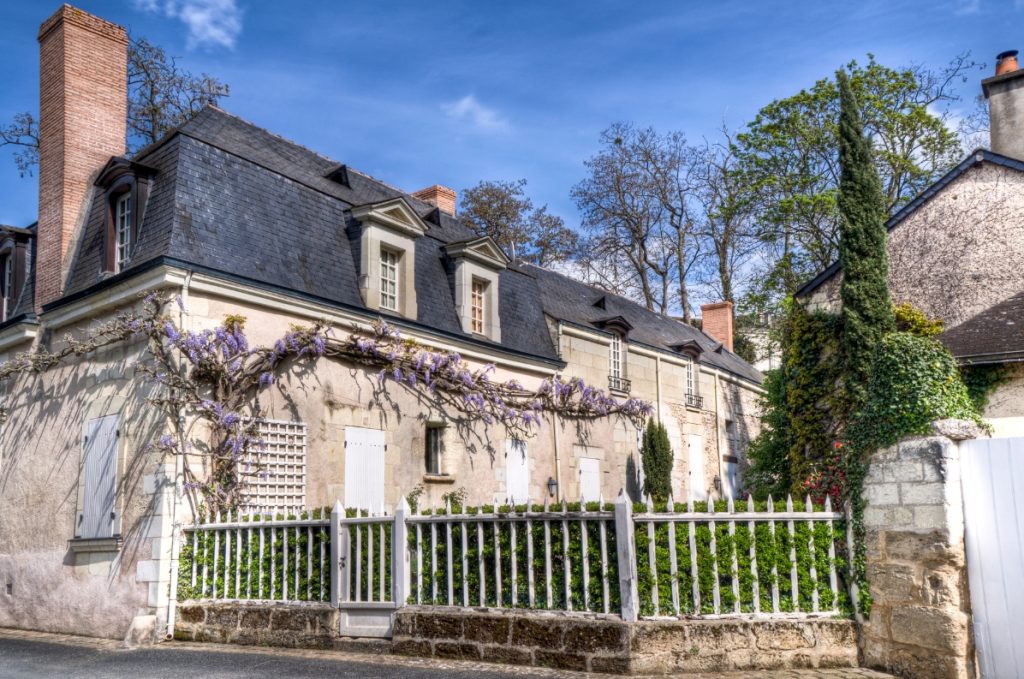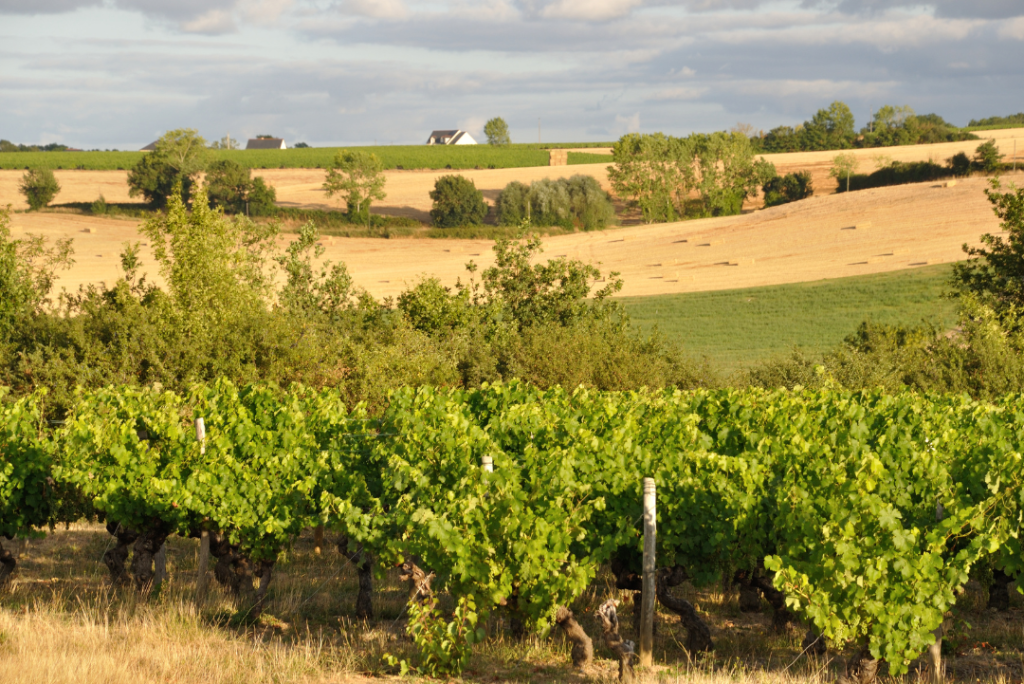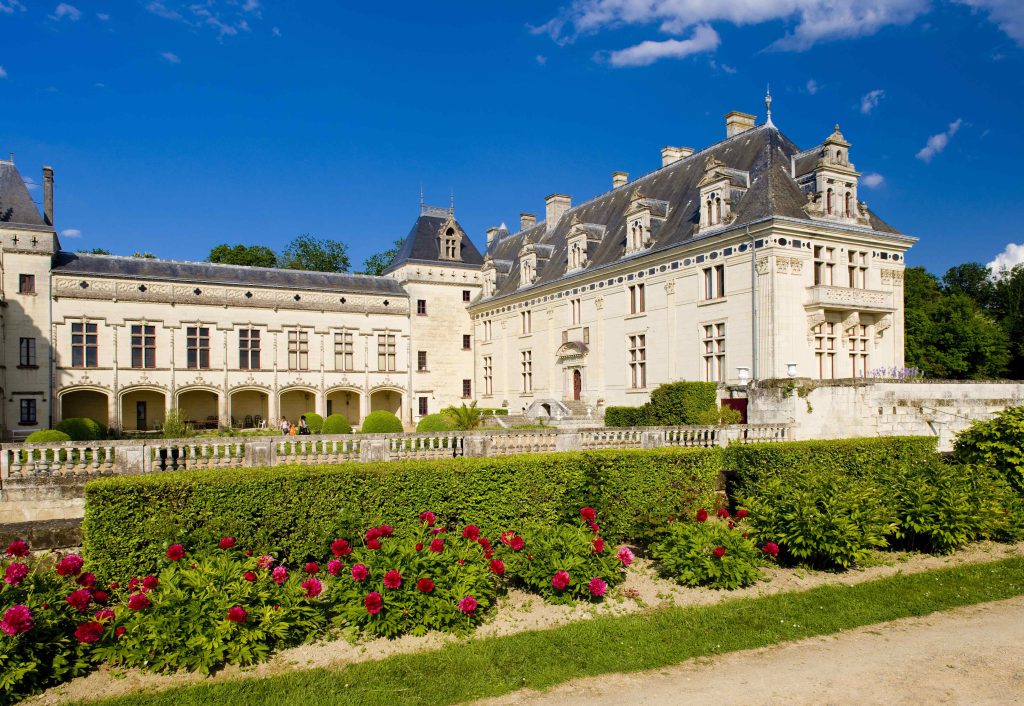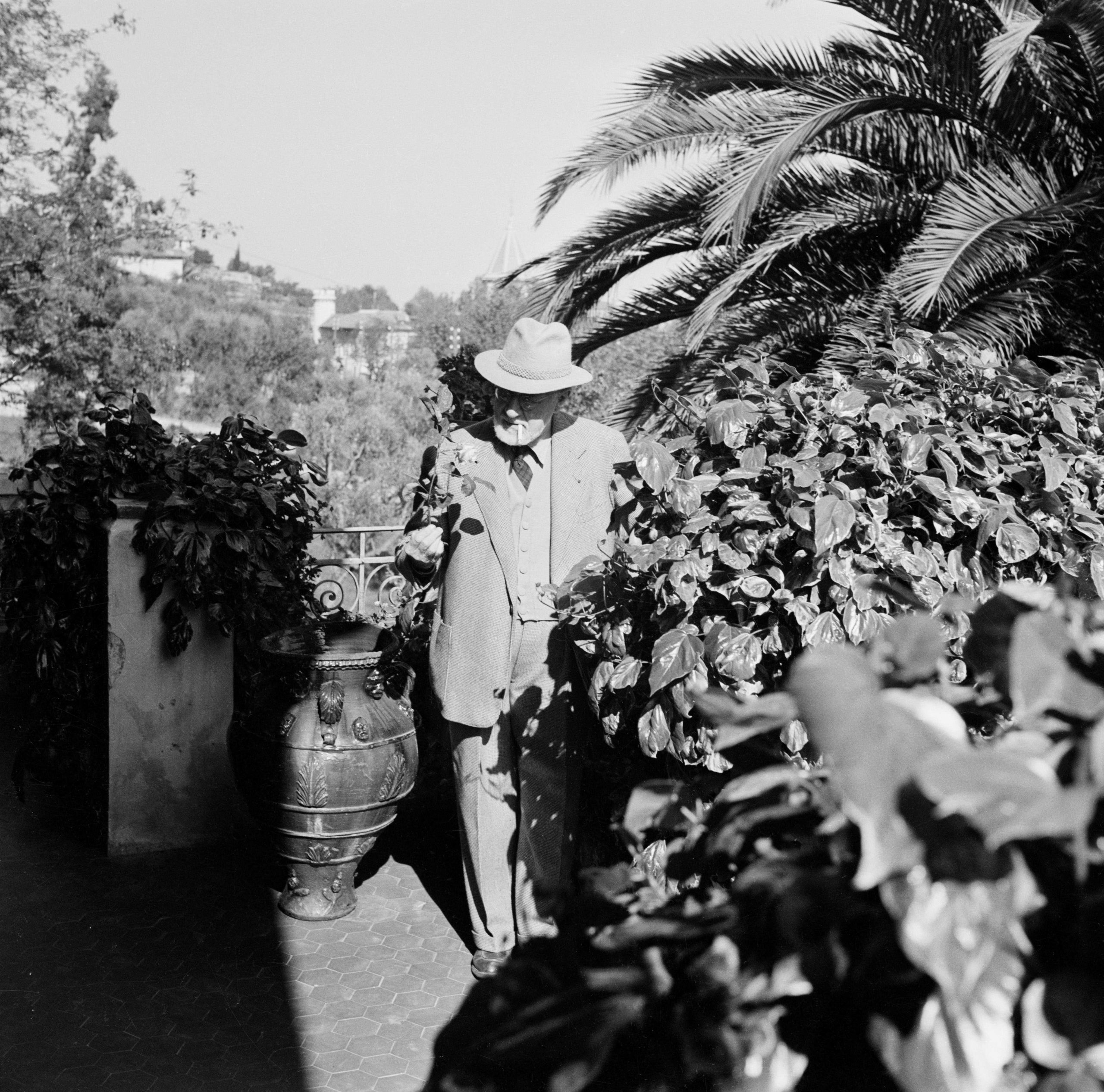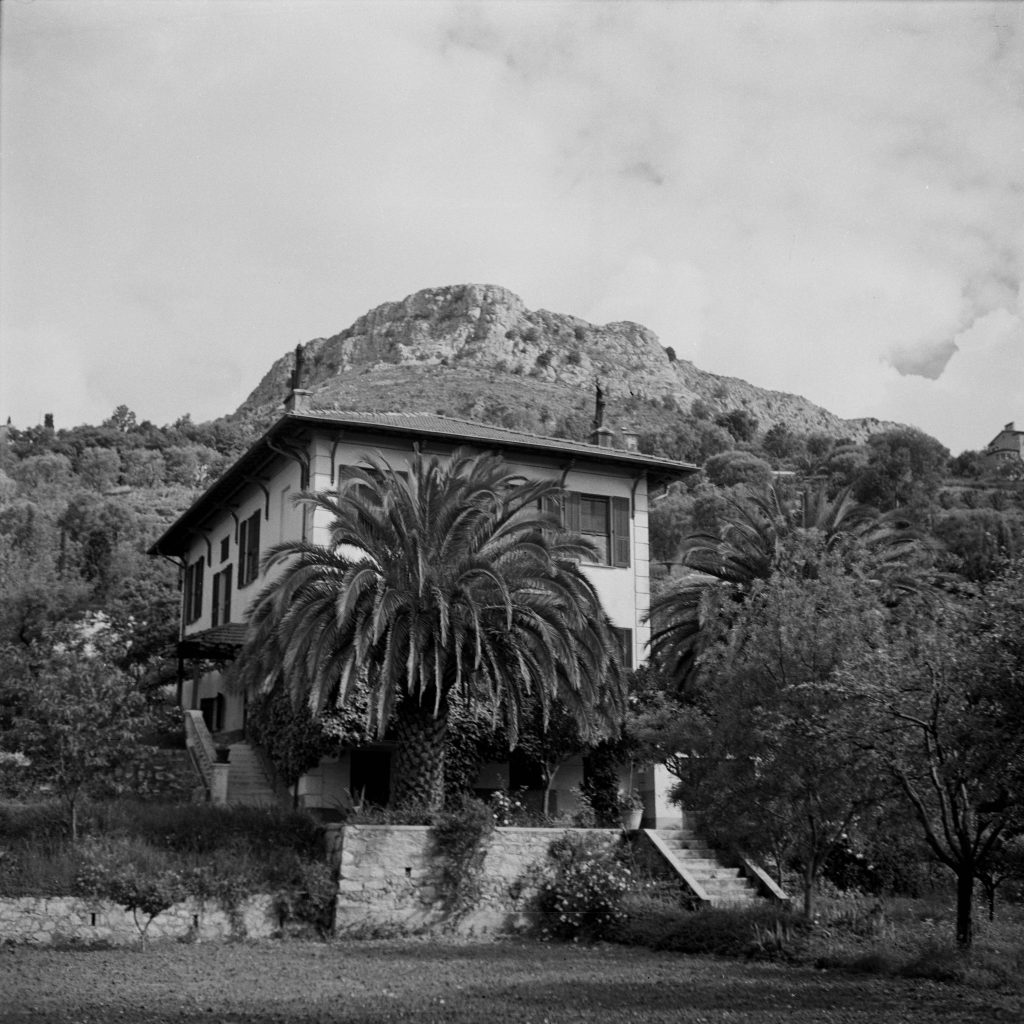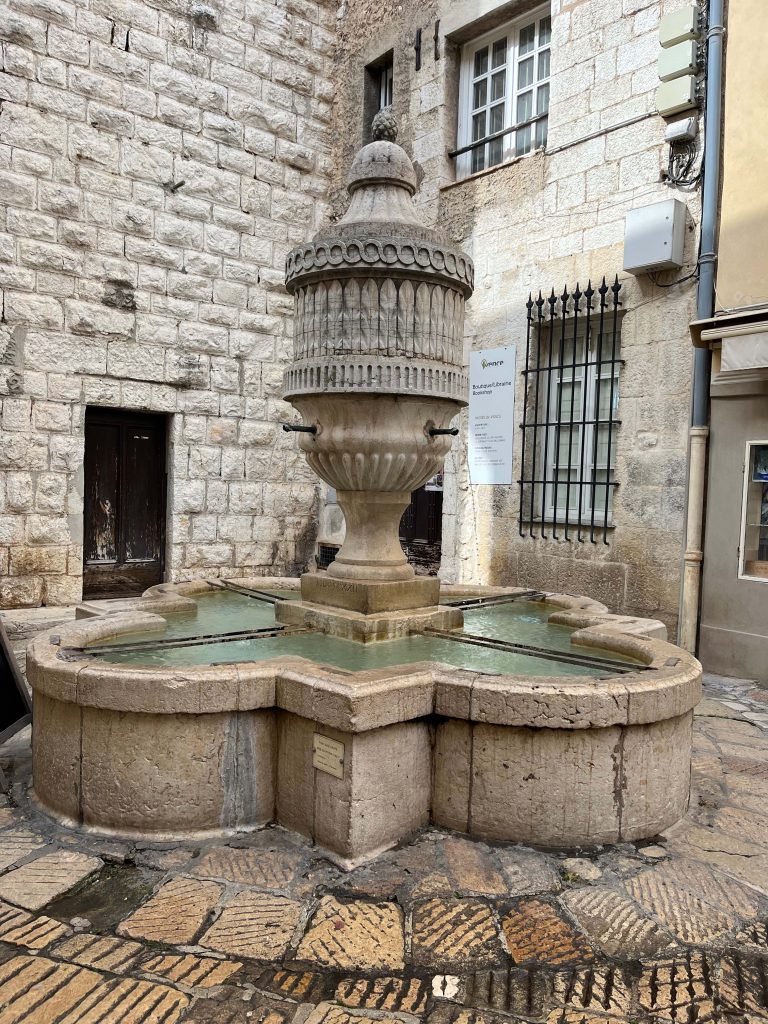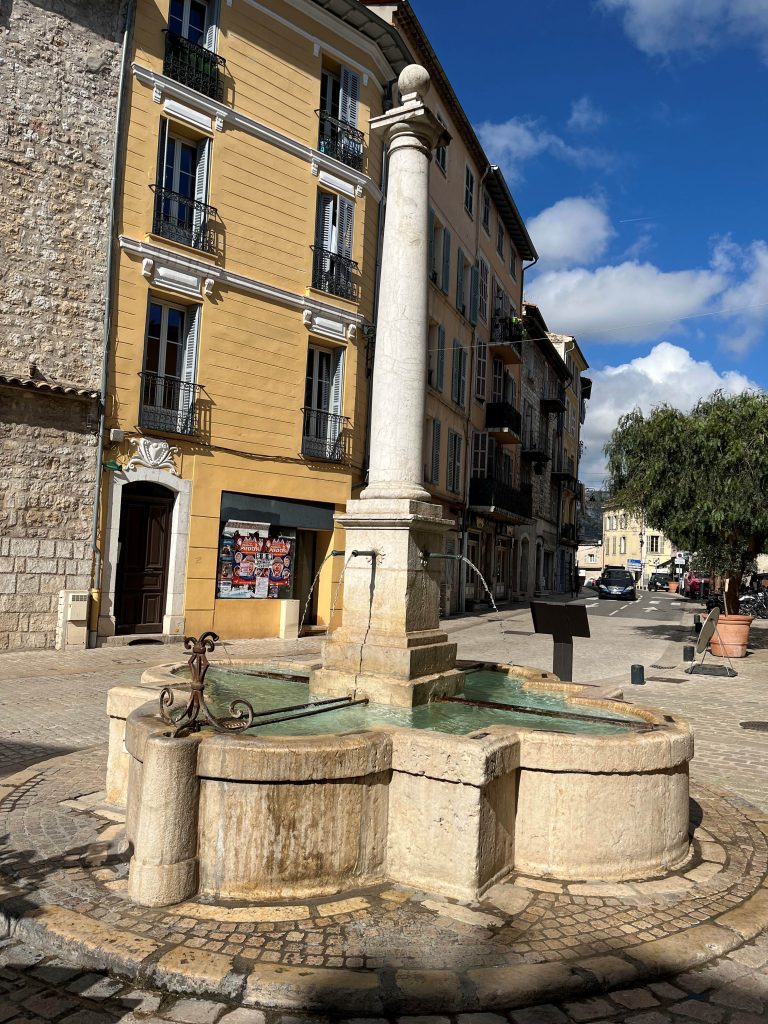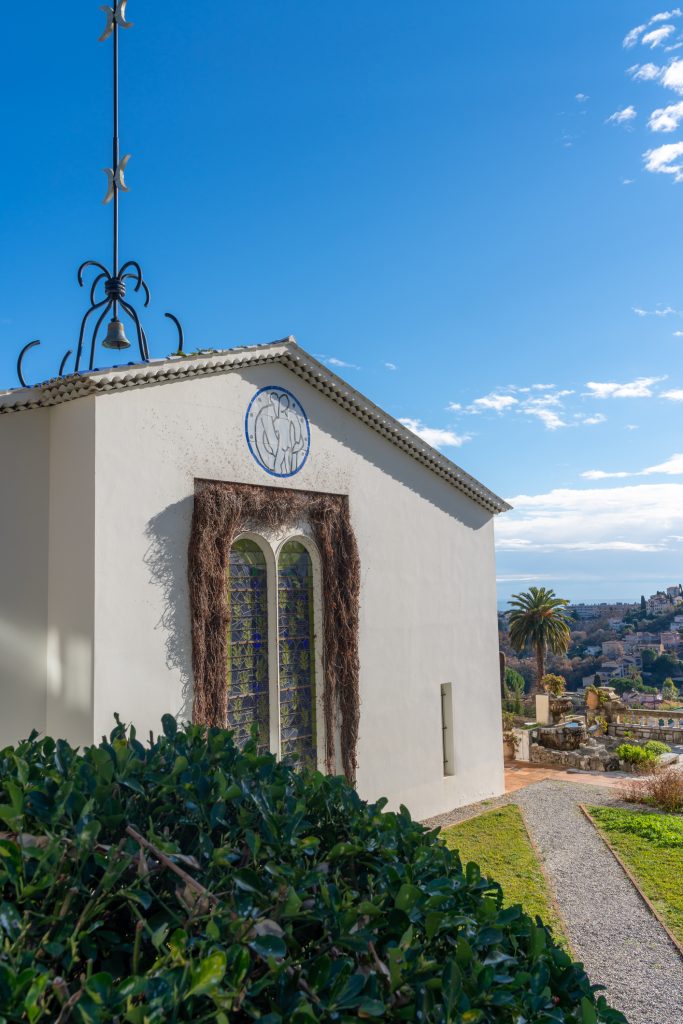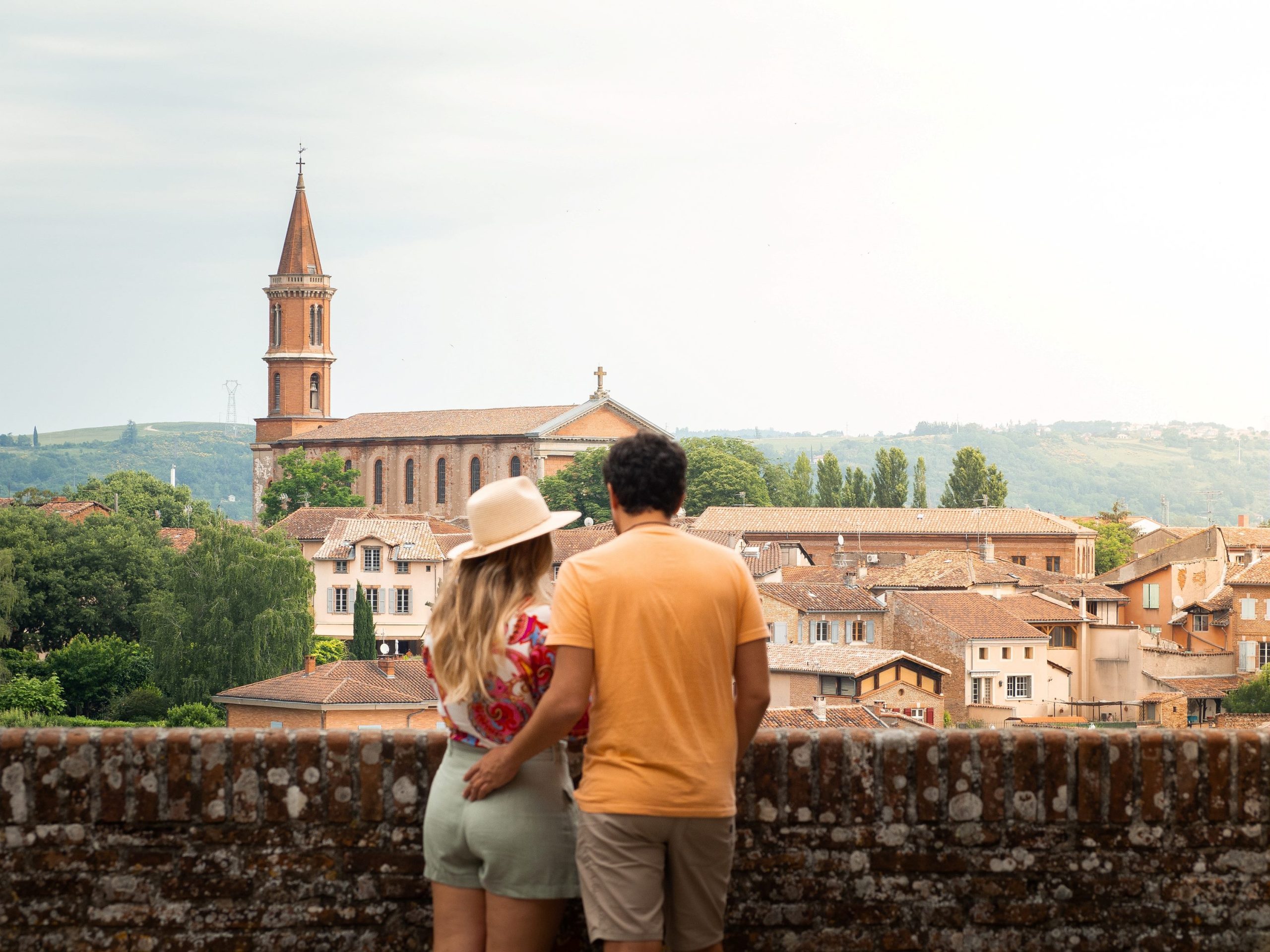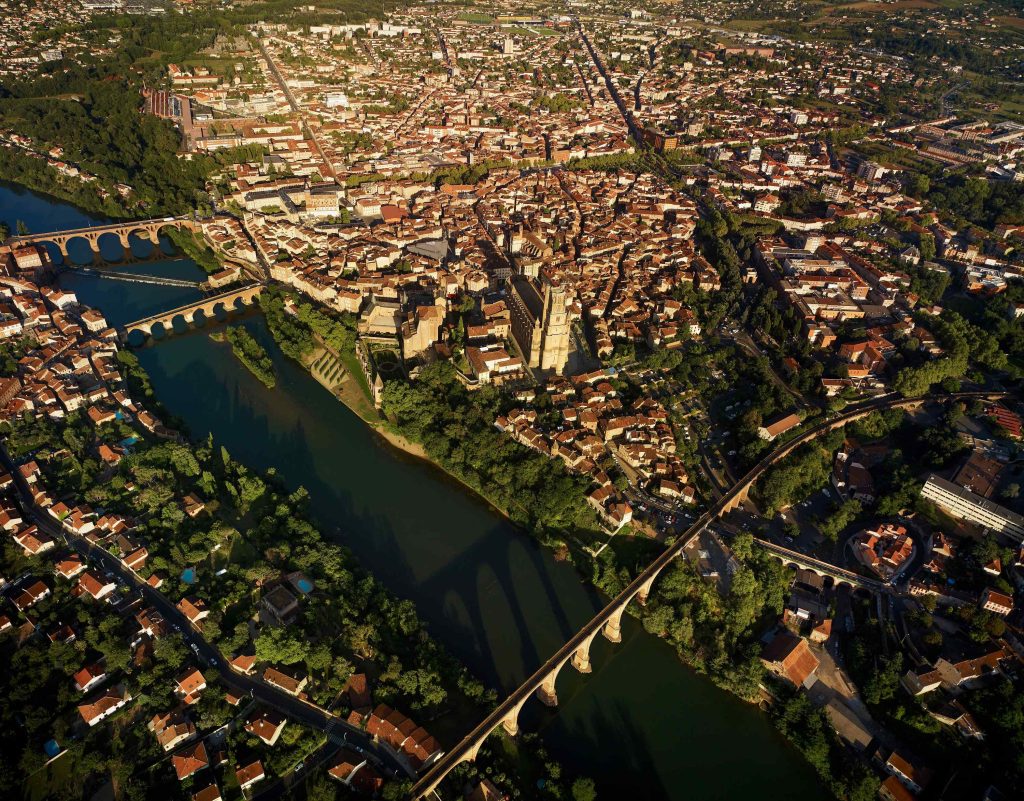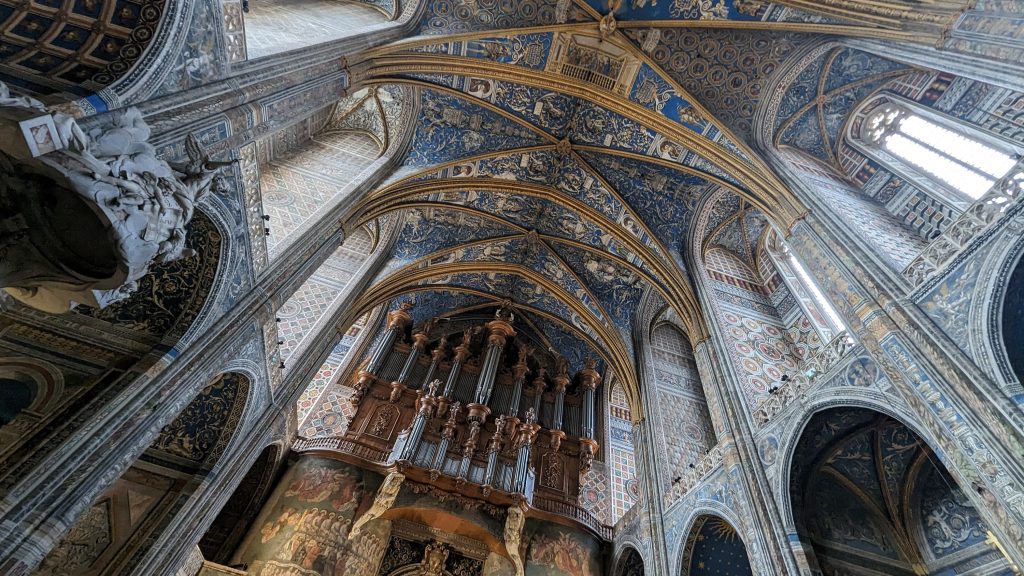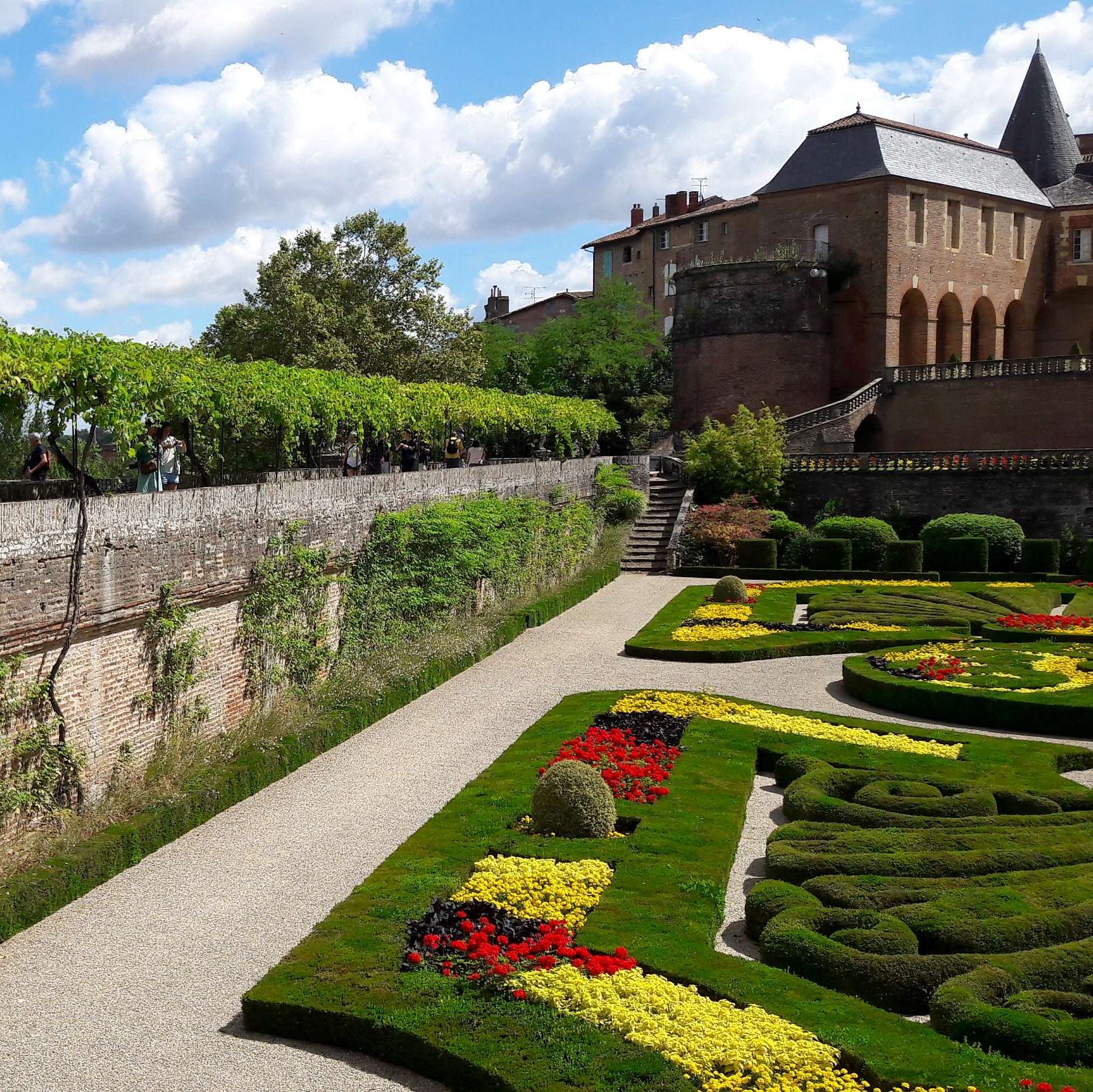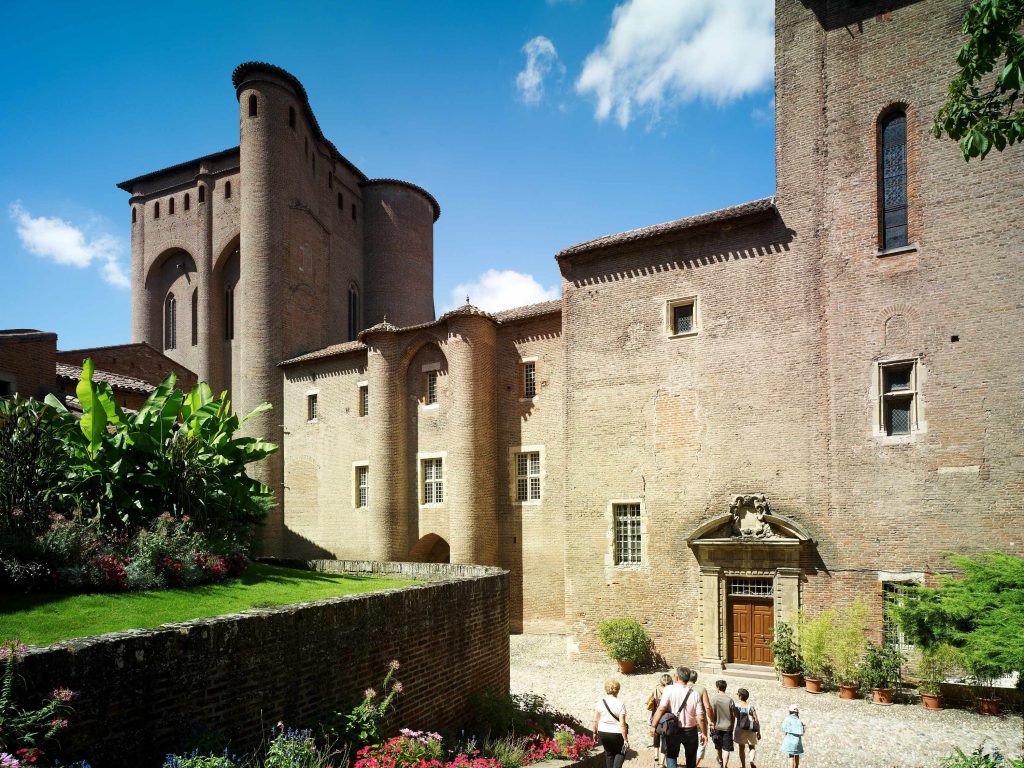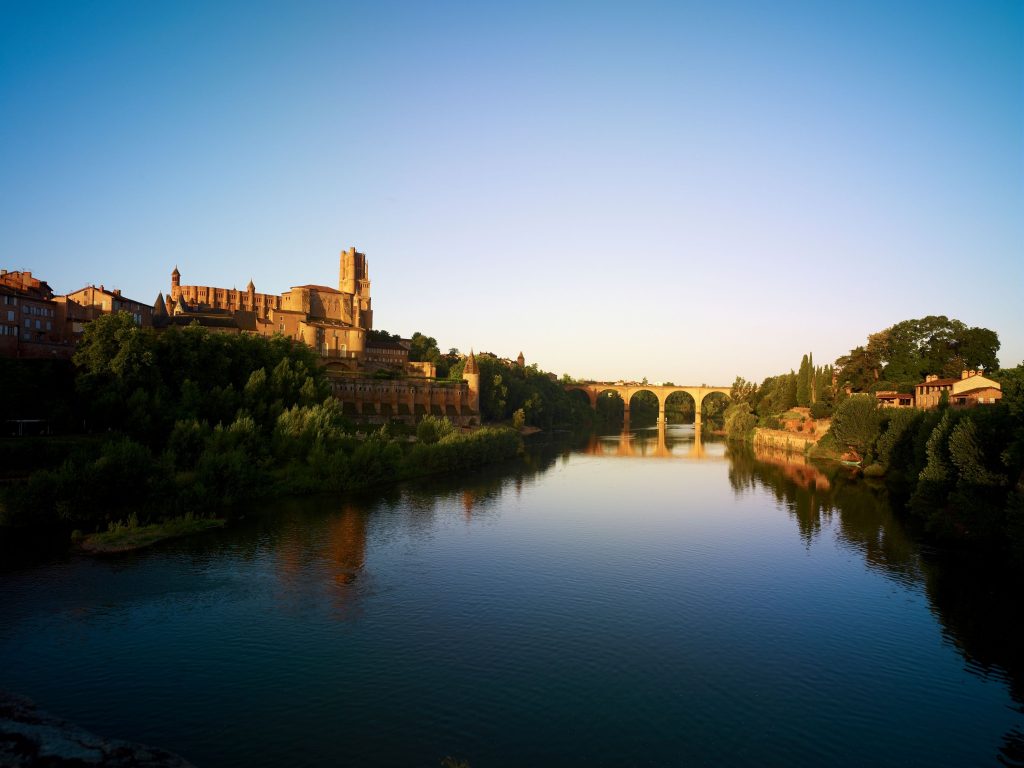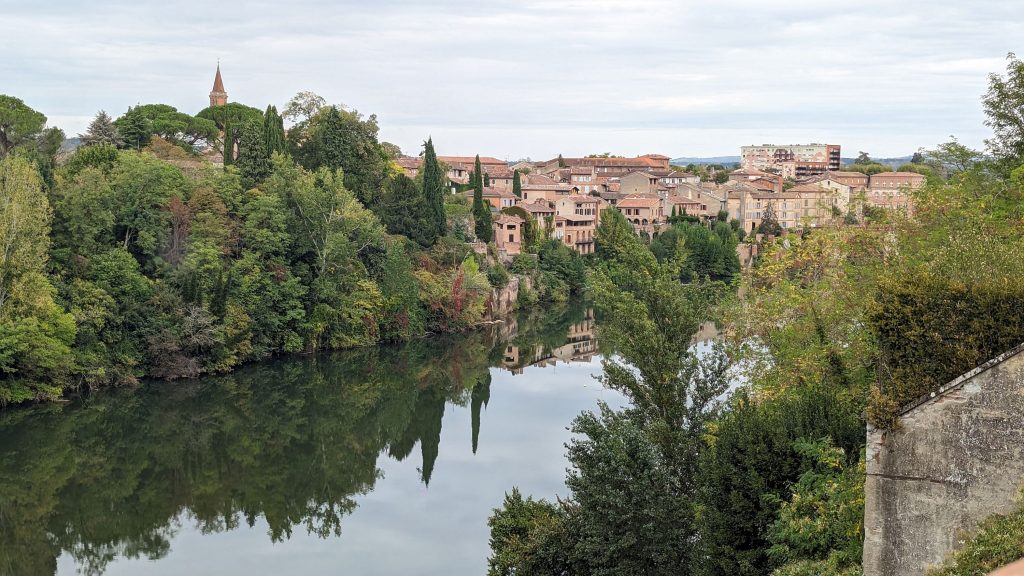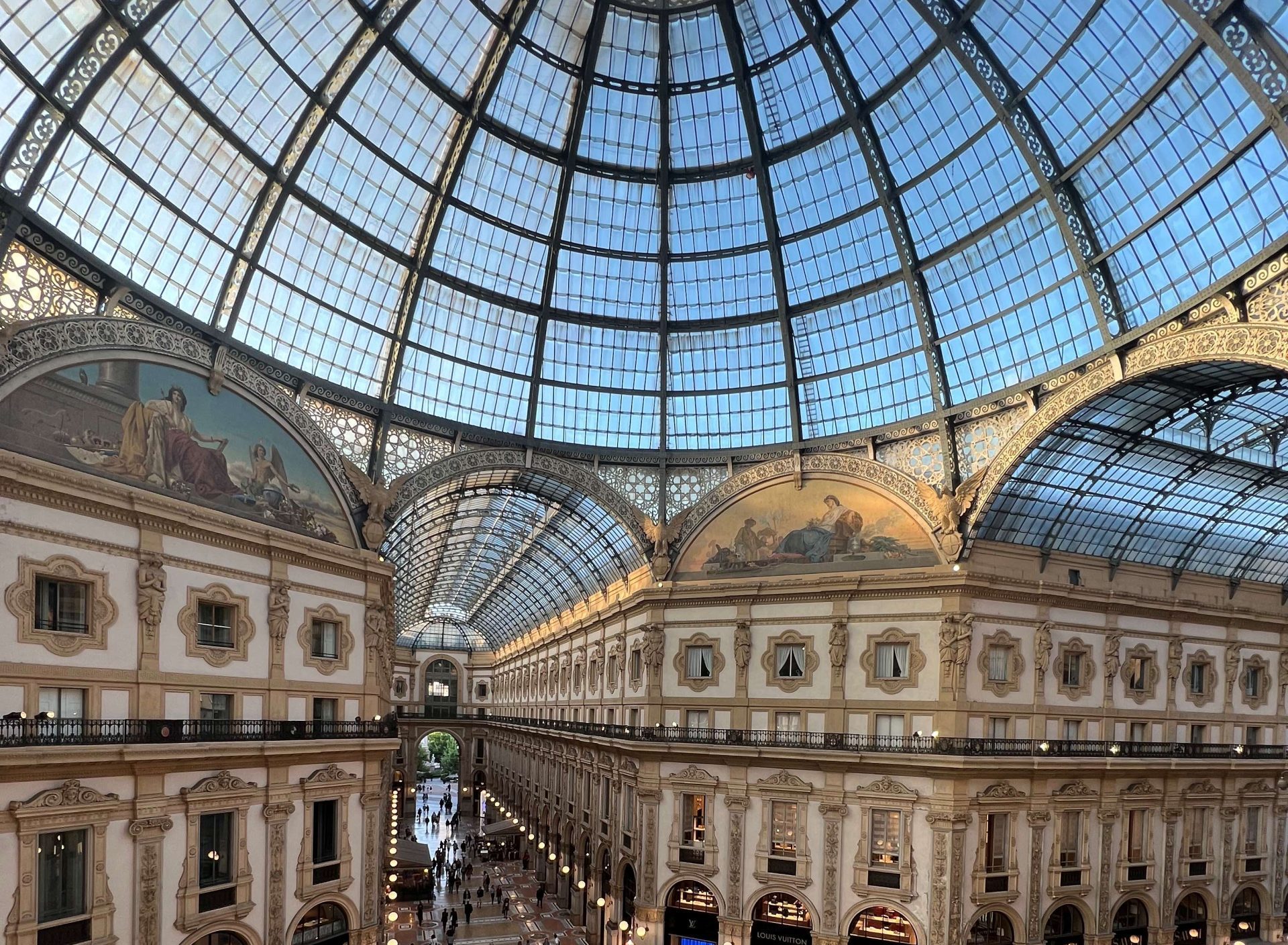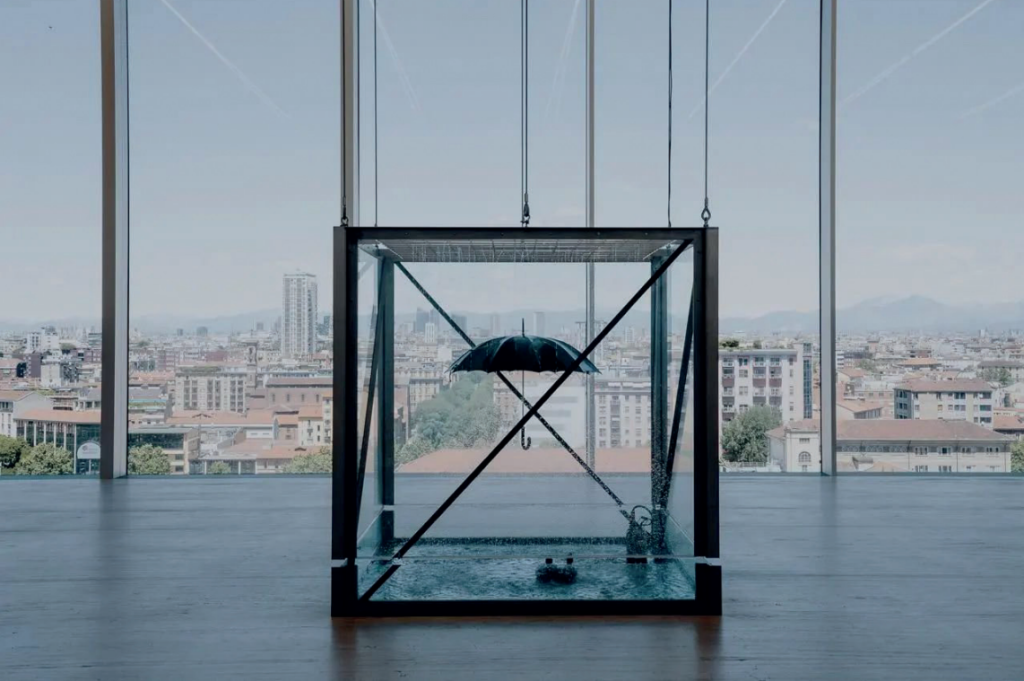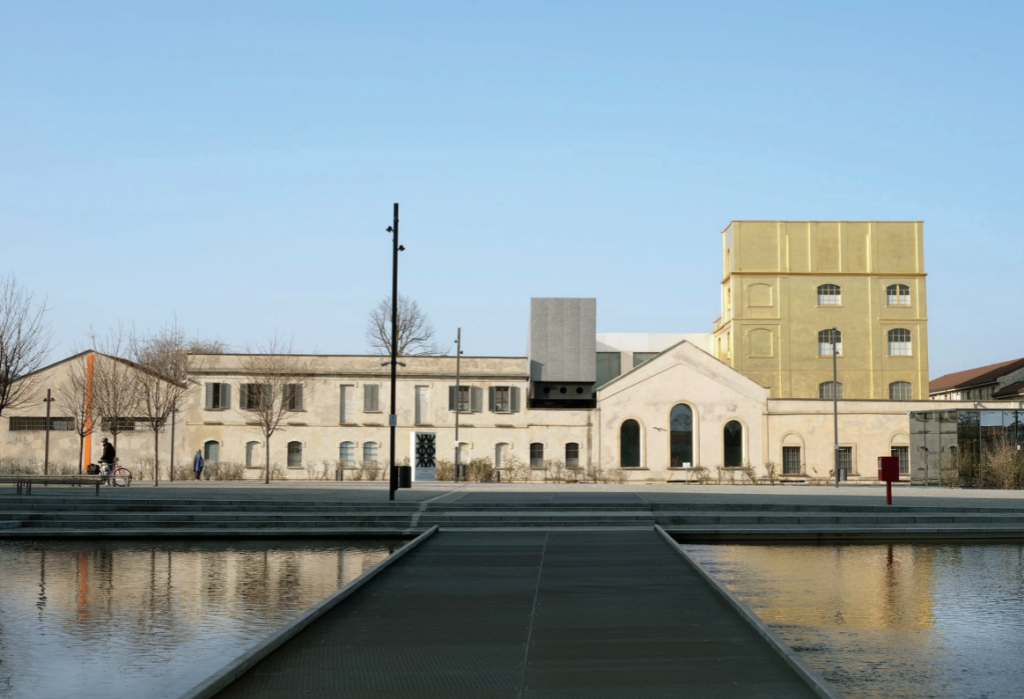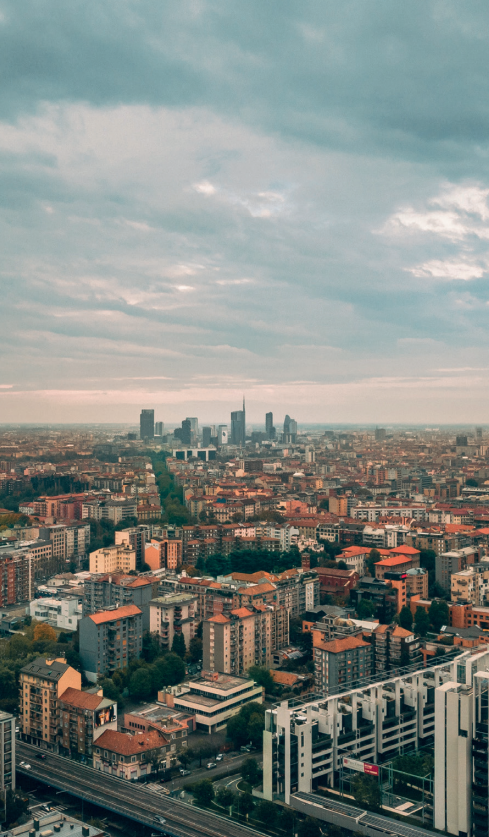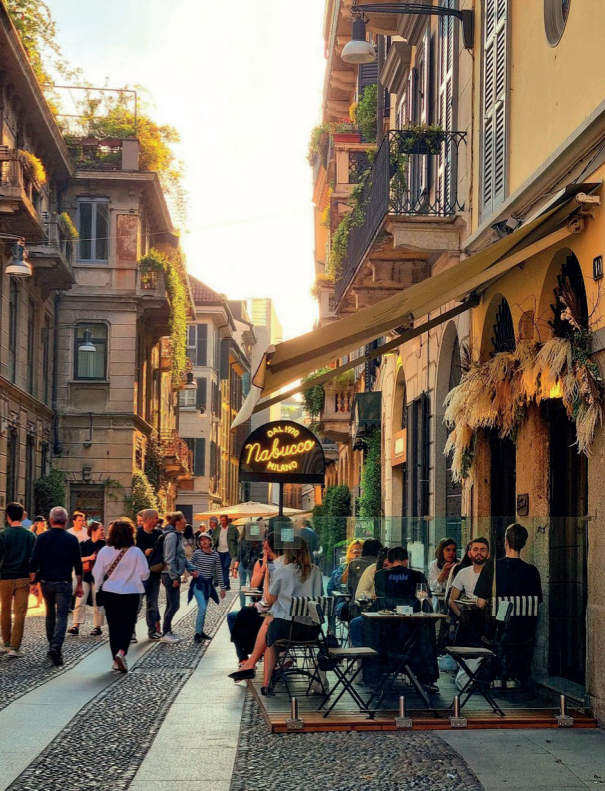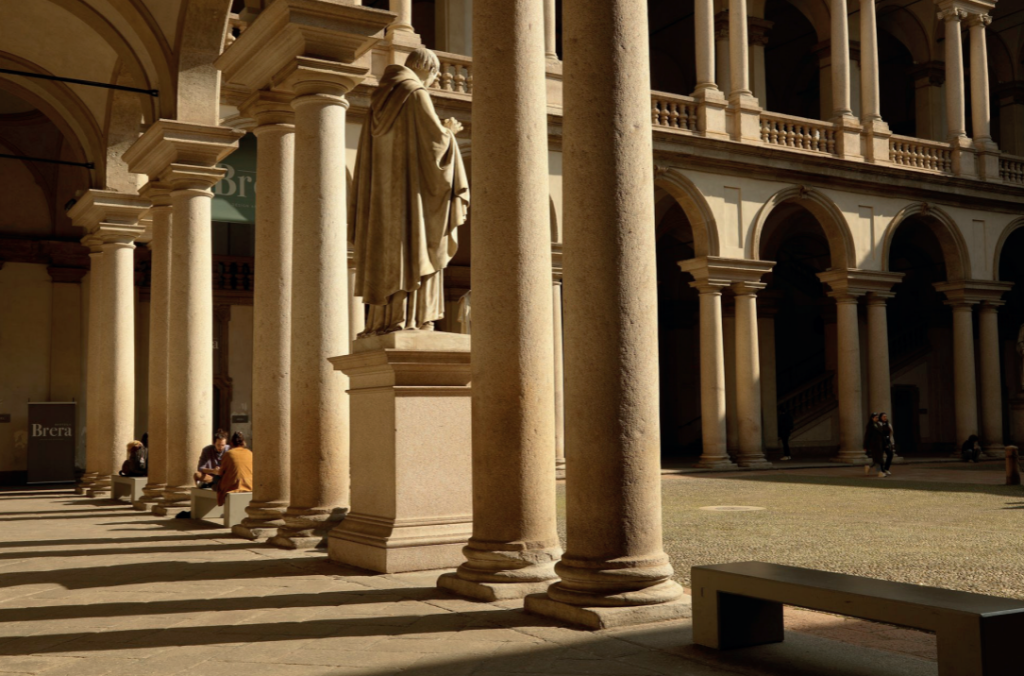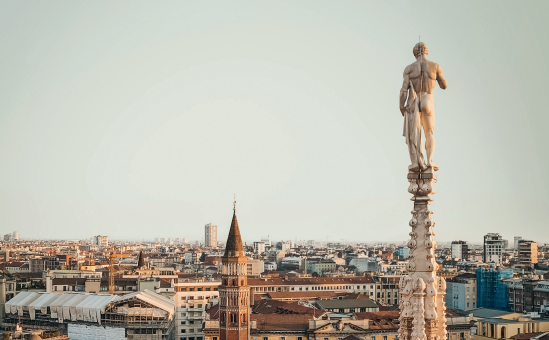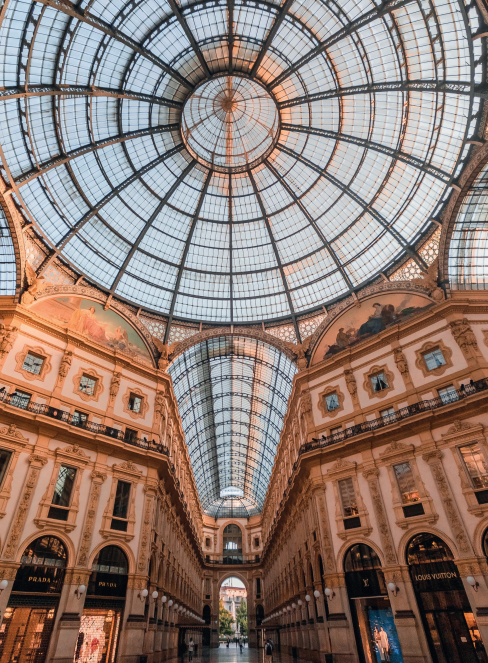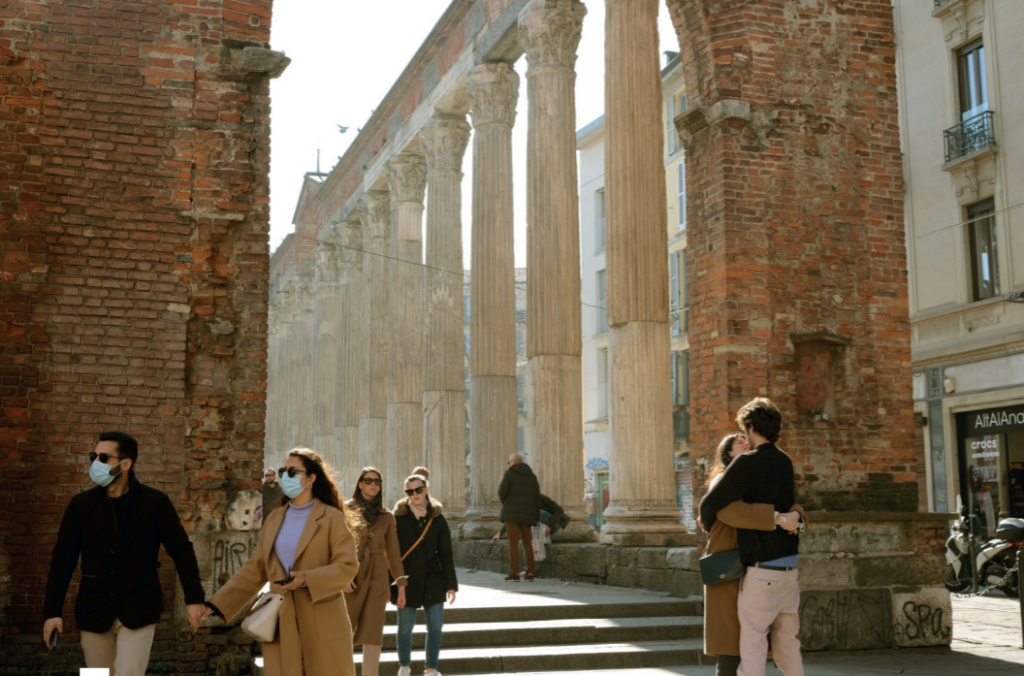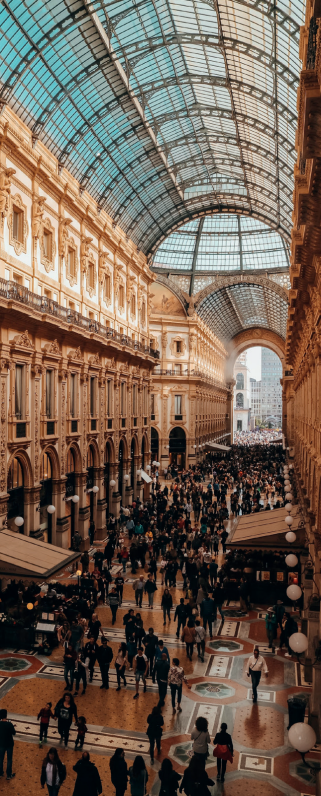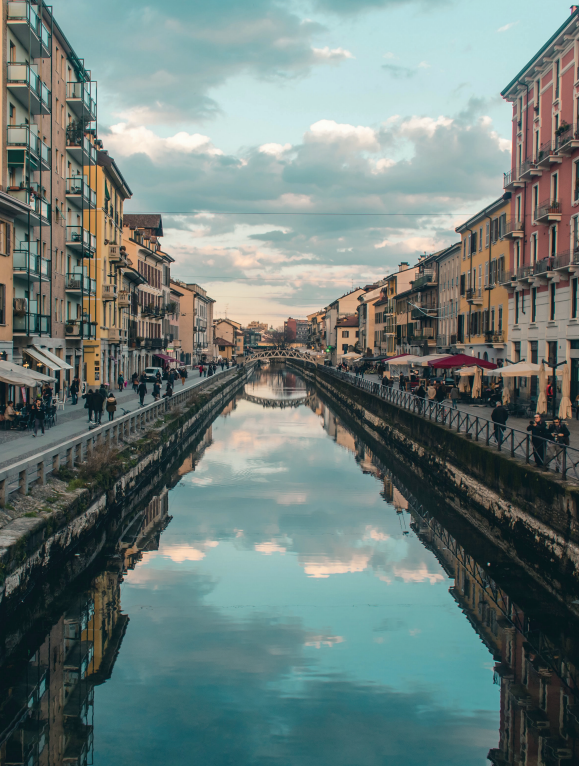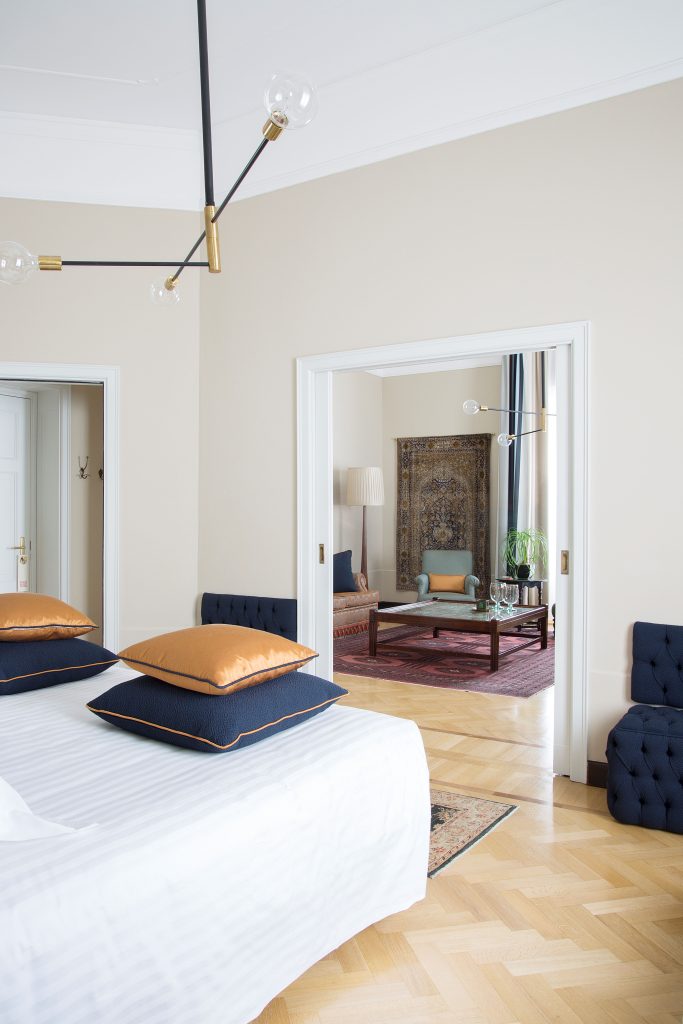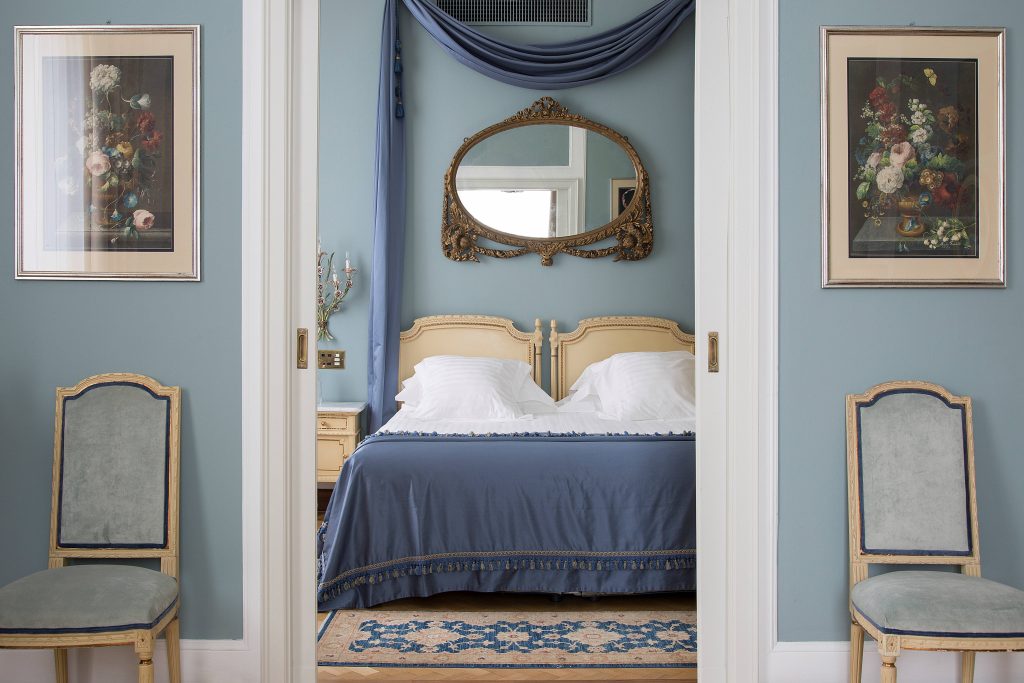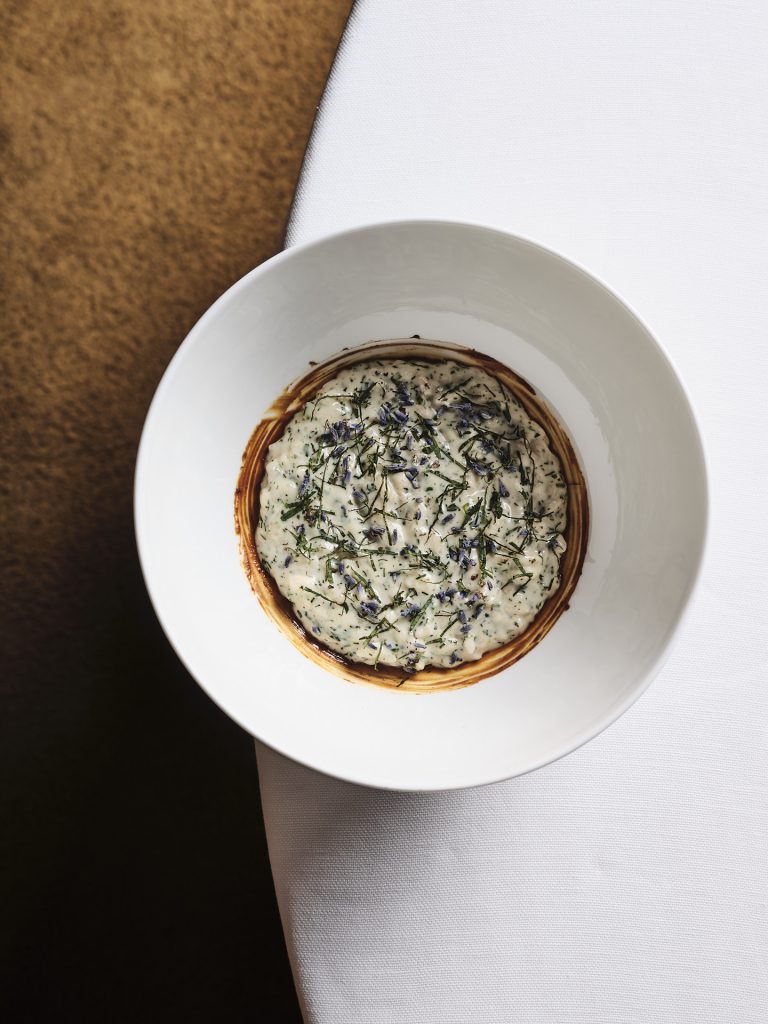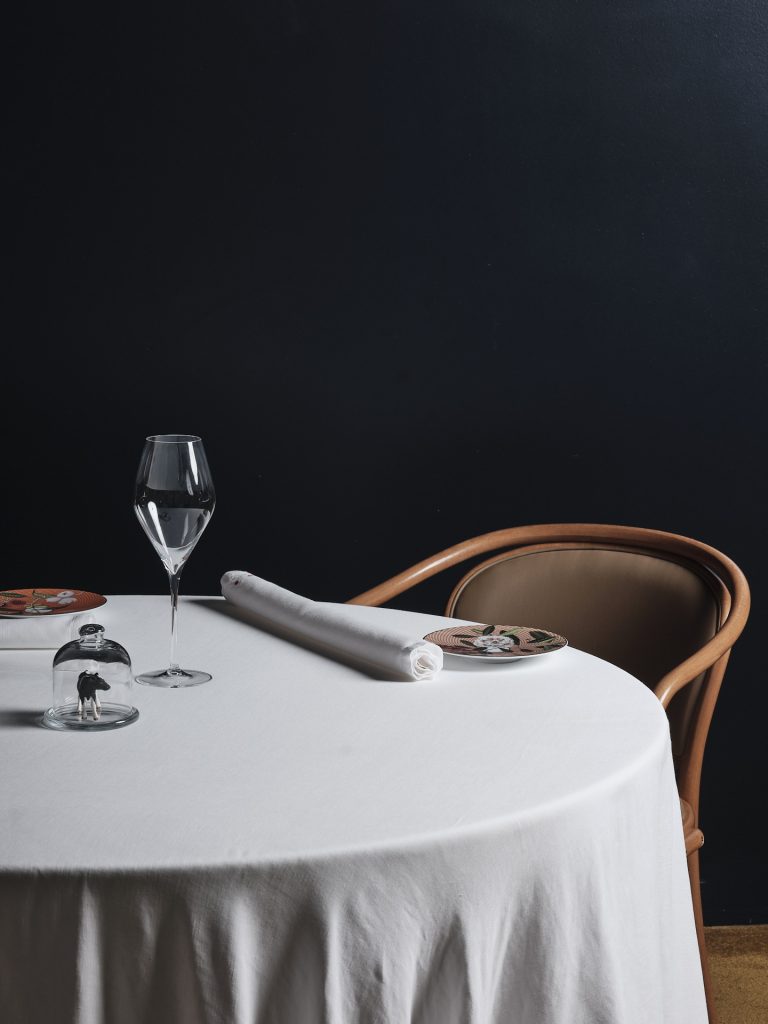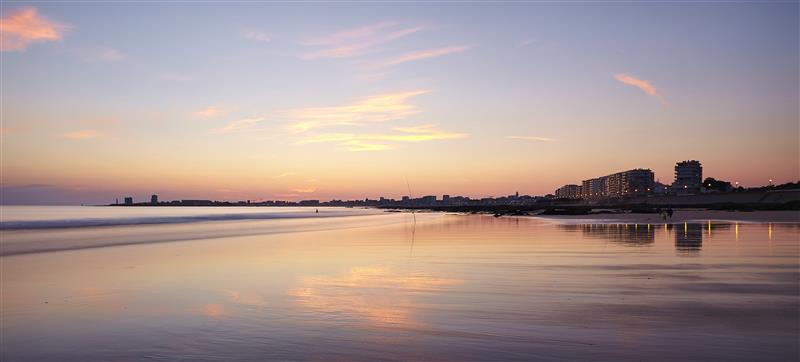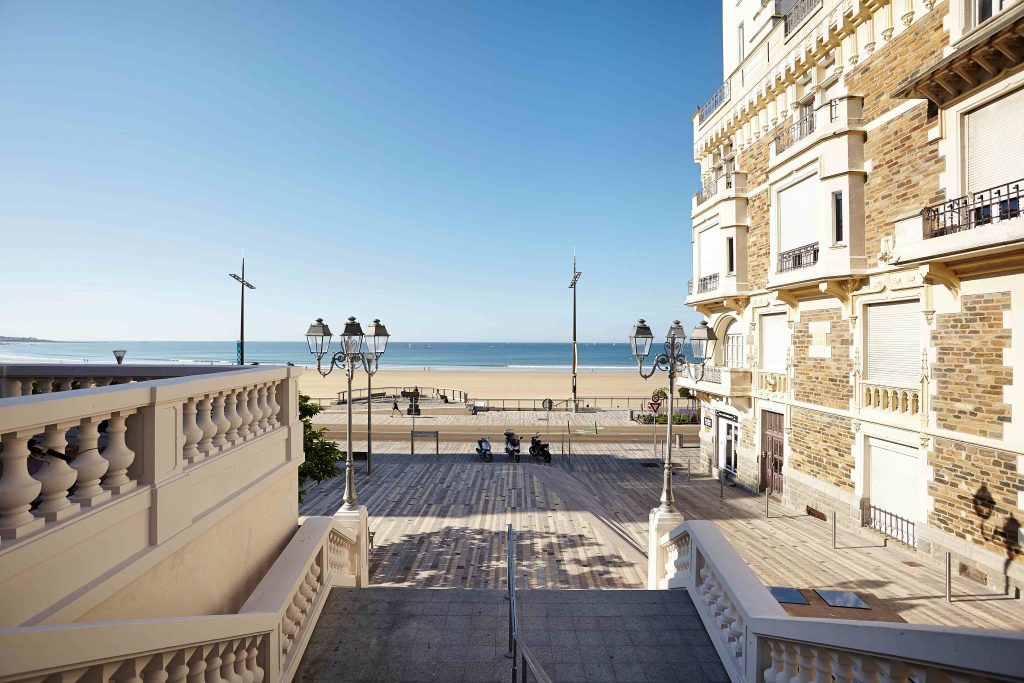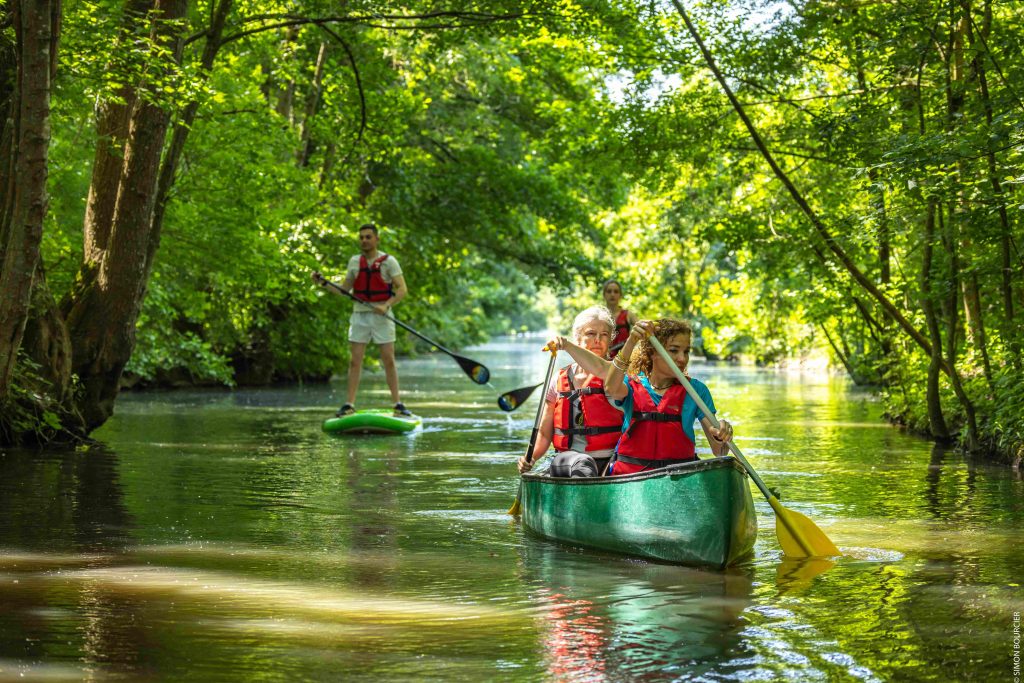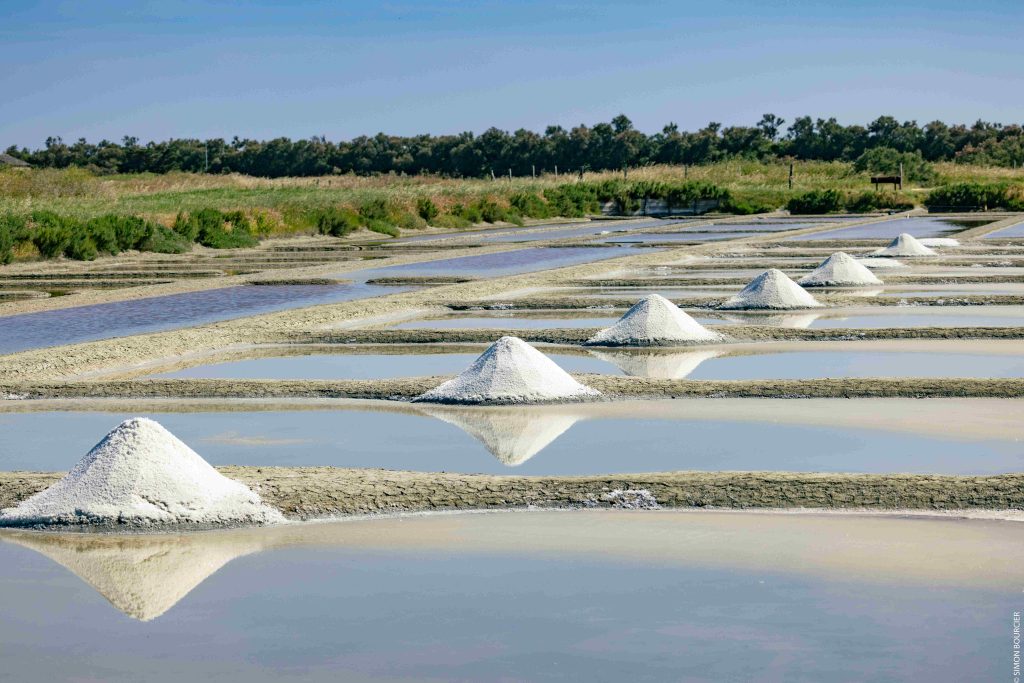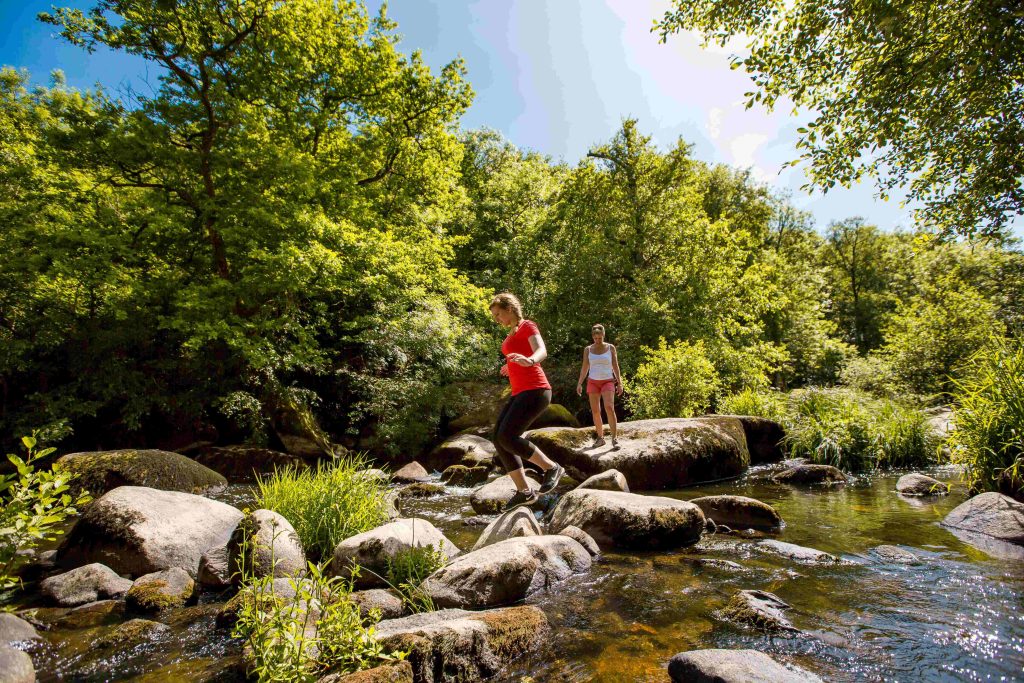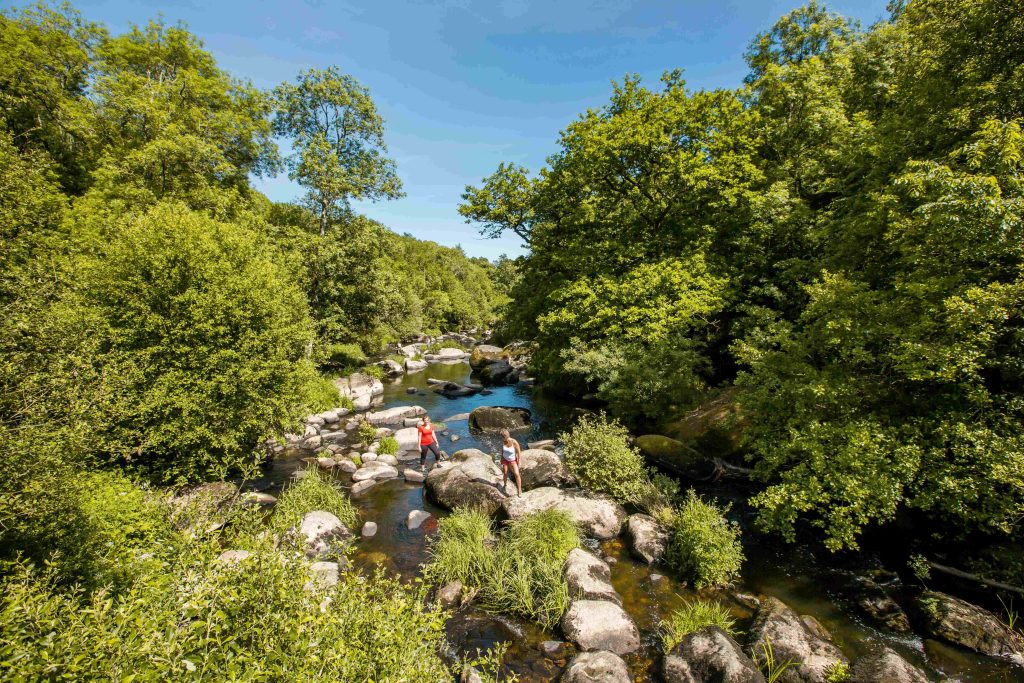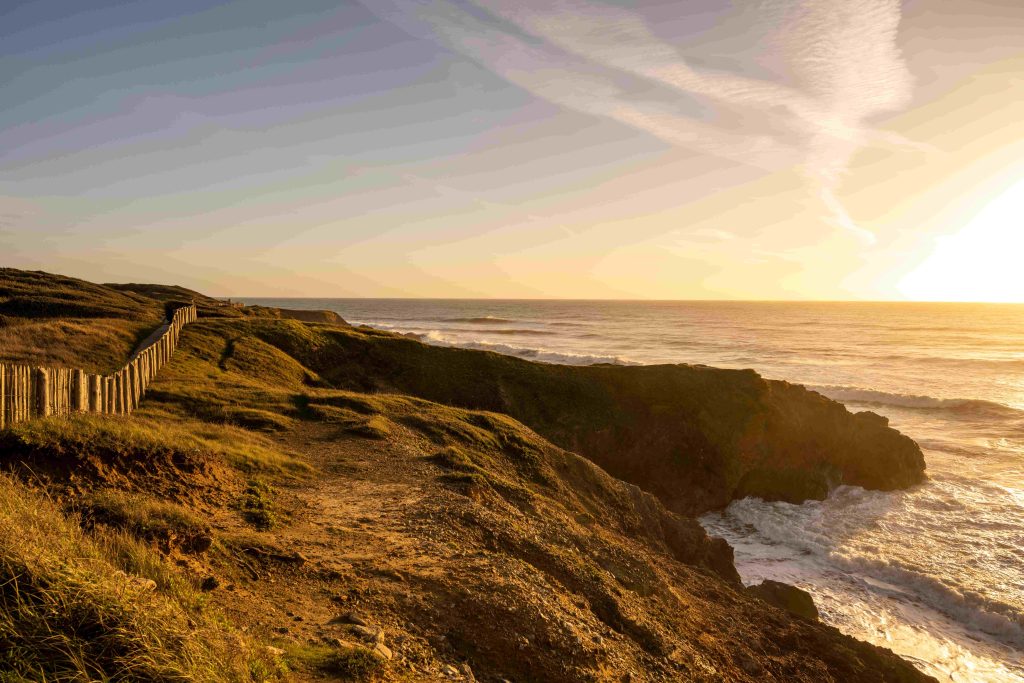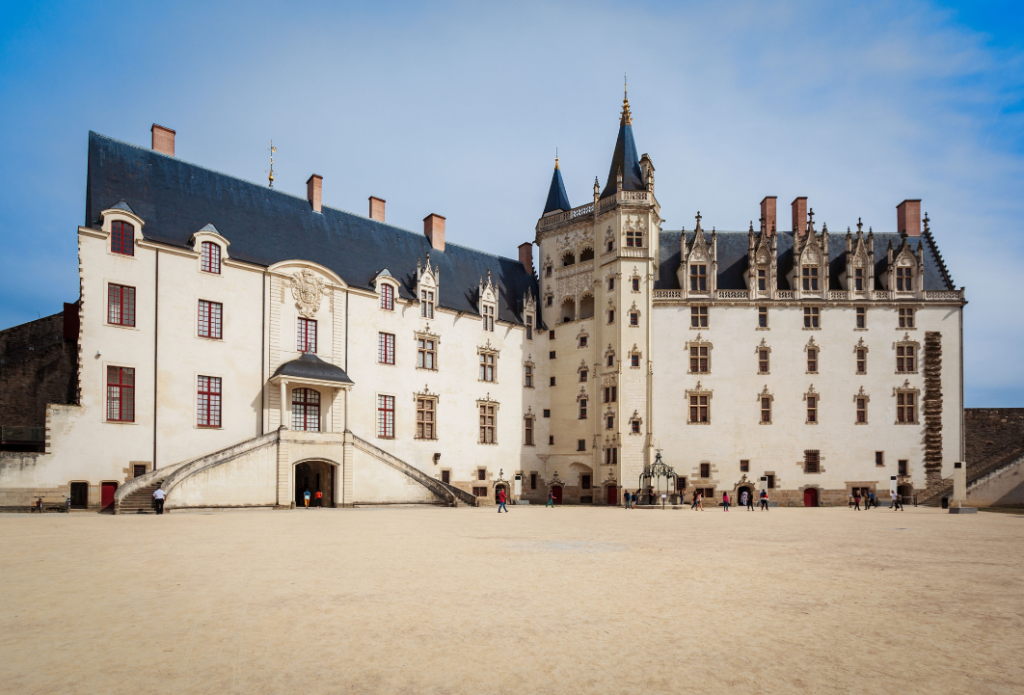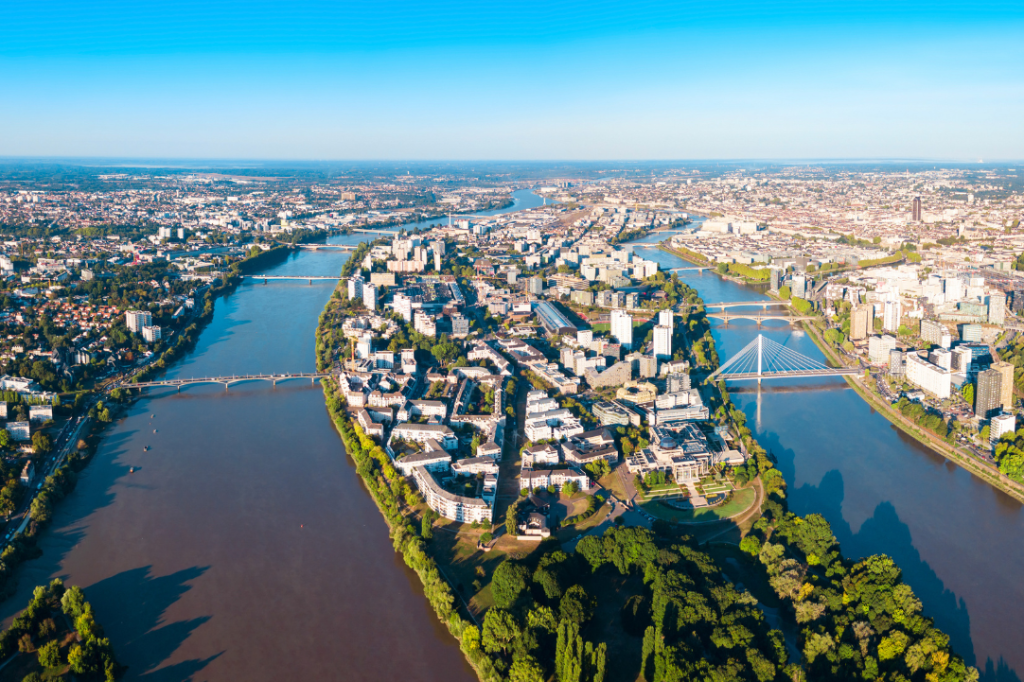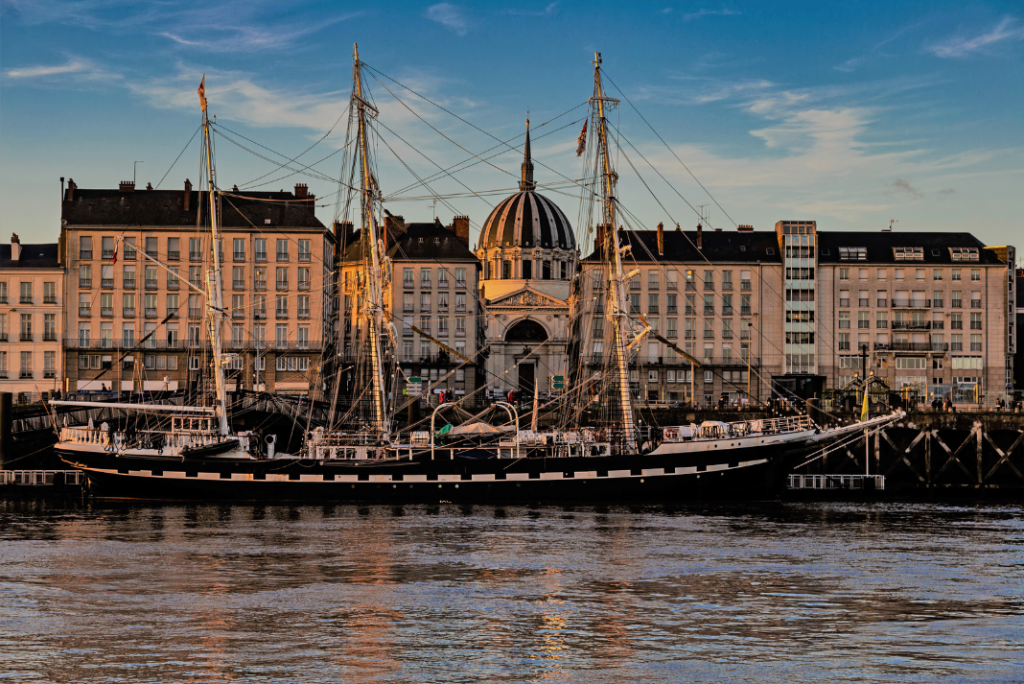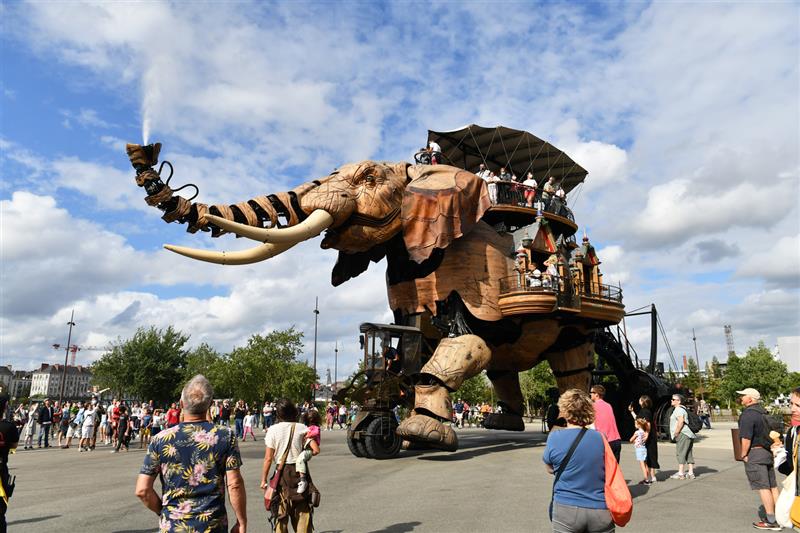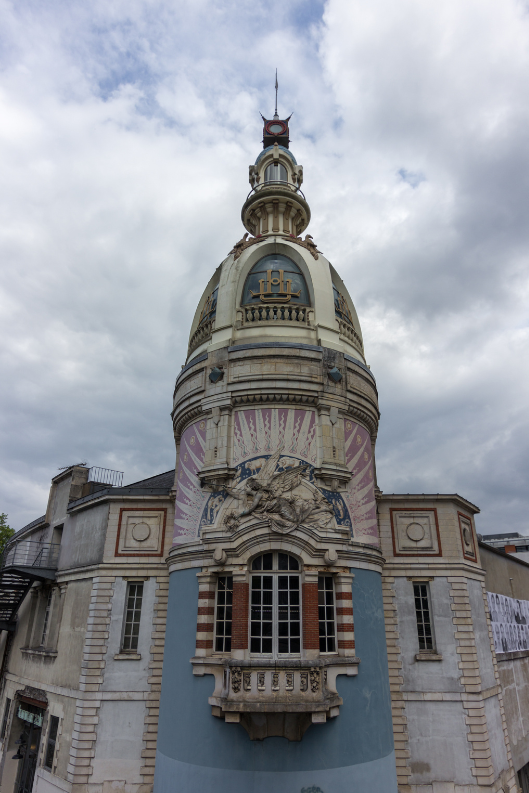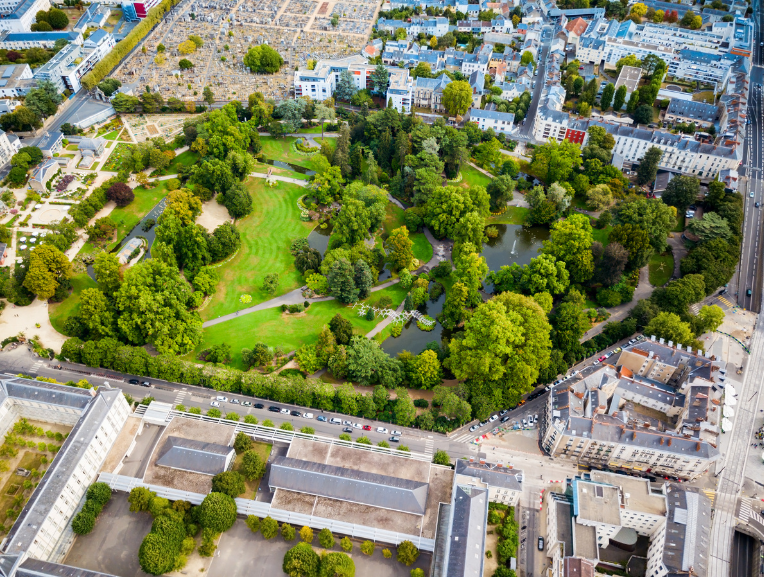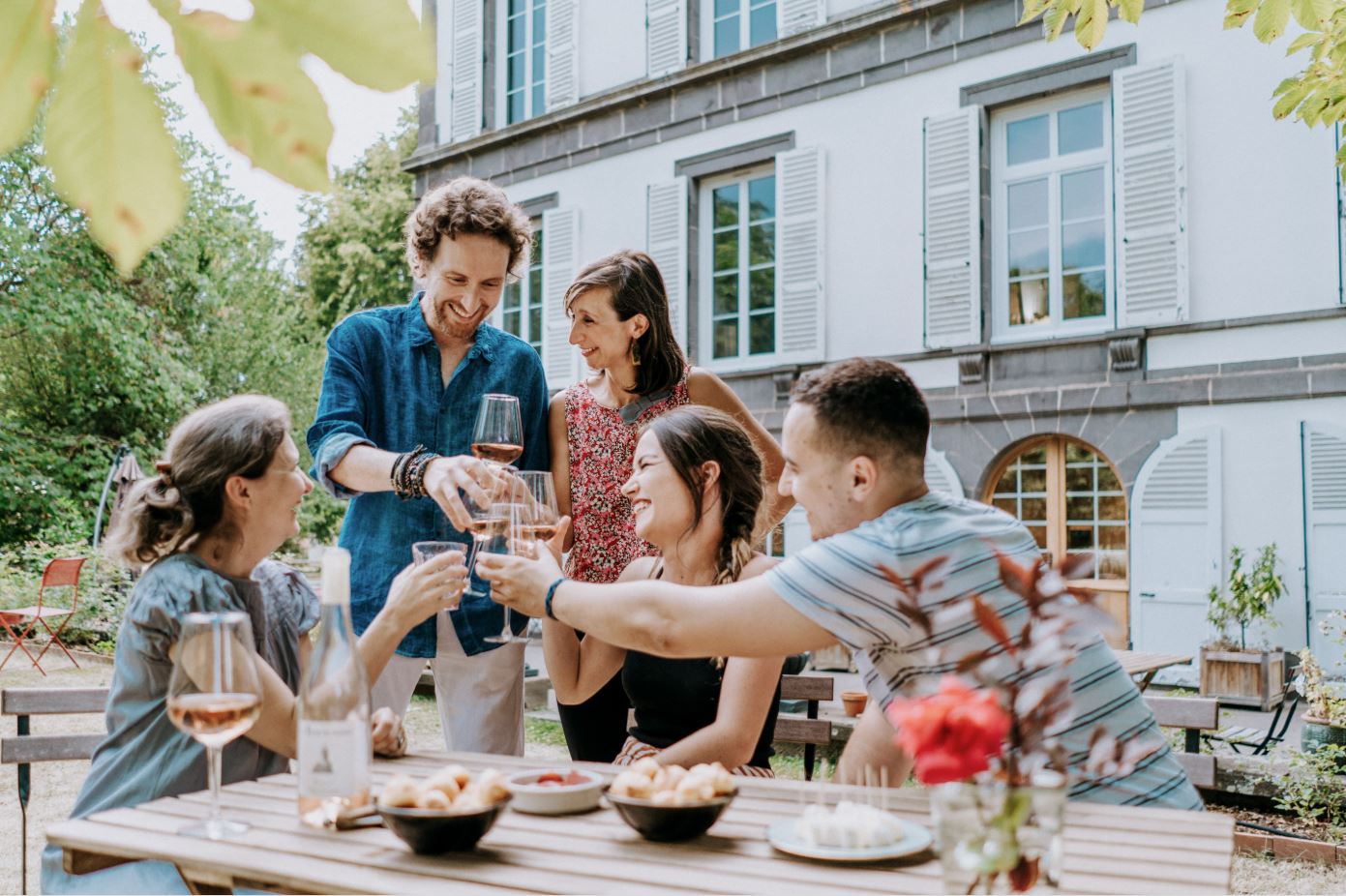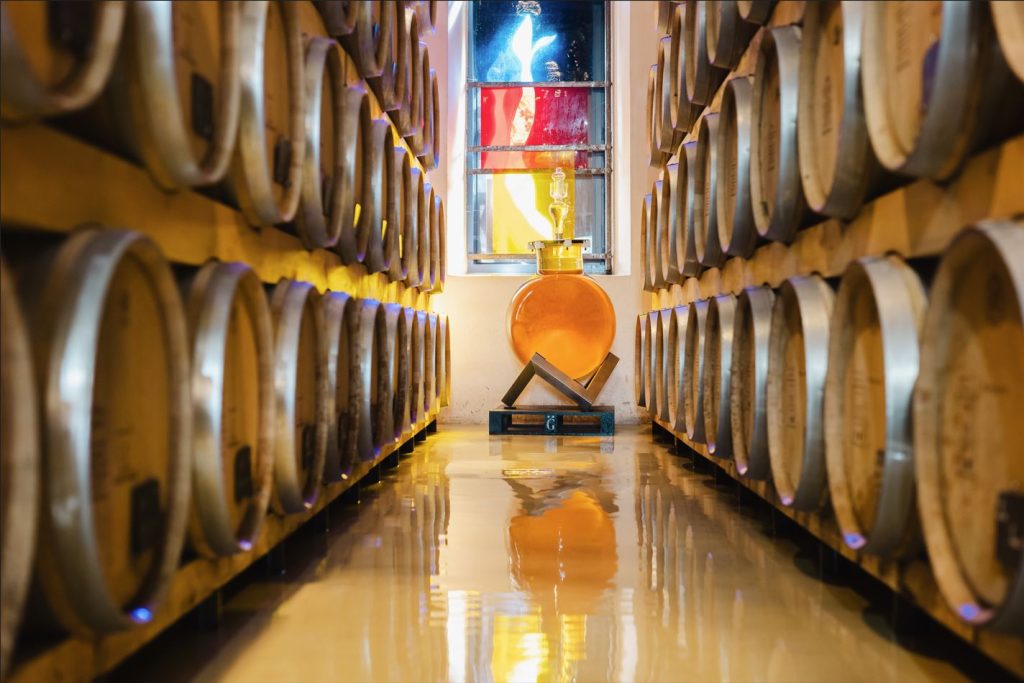Dreaming of a sunny European getaway this June? Teritoria has put together a selection of hidden addresses where you can travel with ease and immerse yourself in the local area and the seasons.
In France: forgotten villages, secret valleys and hidden coastlines
Staying within the Hexagon means discovering a land with a thousand different faces.
Drôme provençale
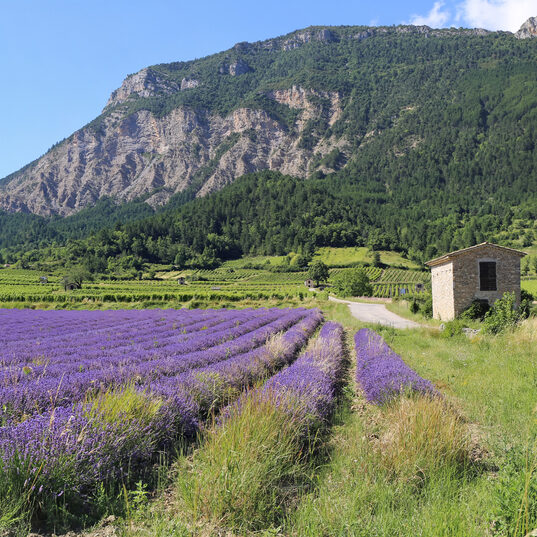
South of the Rhône Valley, the Drôme Provençale is a picture-postcard setting of lavender fields, sun-drenched hills and silver-green olive trees. But unlike the neighbouring Luberon, here serenity still reigns. In hilltop villages like Le Poët-Laval, La Garde-Adhémar or Saoû, time seems to stretch out.
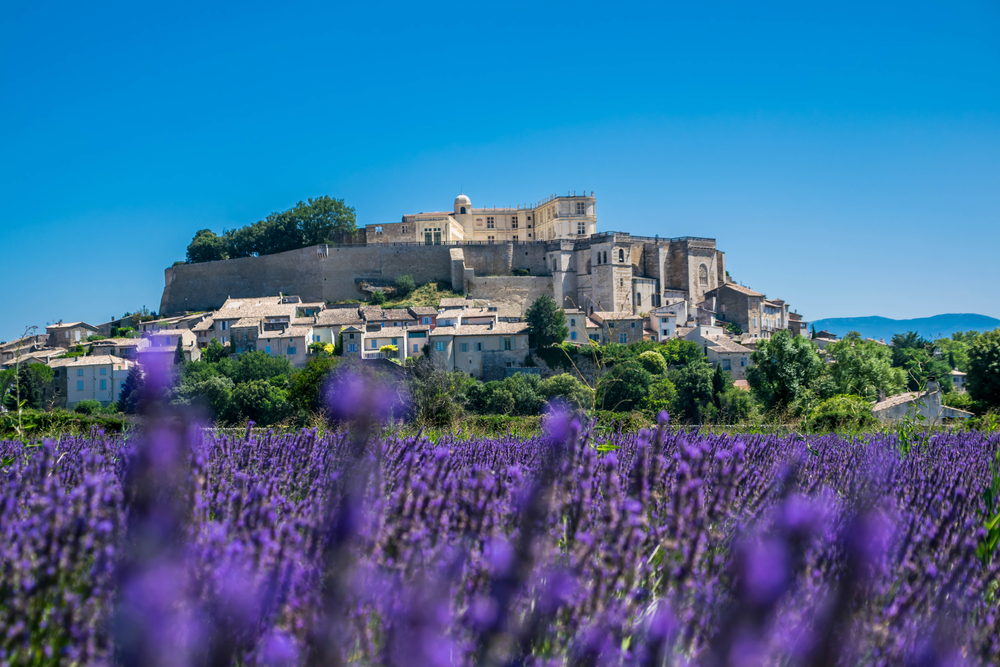
This is land made for walking, pausing and taking in the details. Hike along the historic Huguenots trail, wander the shaded lanes of Grignan, or take to the quiet country roads by electric bike. The pace is slower, the encounters more genuine, the landscape deeply restorative.
The Haut-Languedoc Regional Nature Park
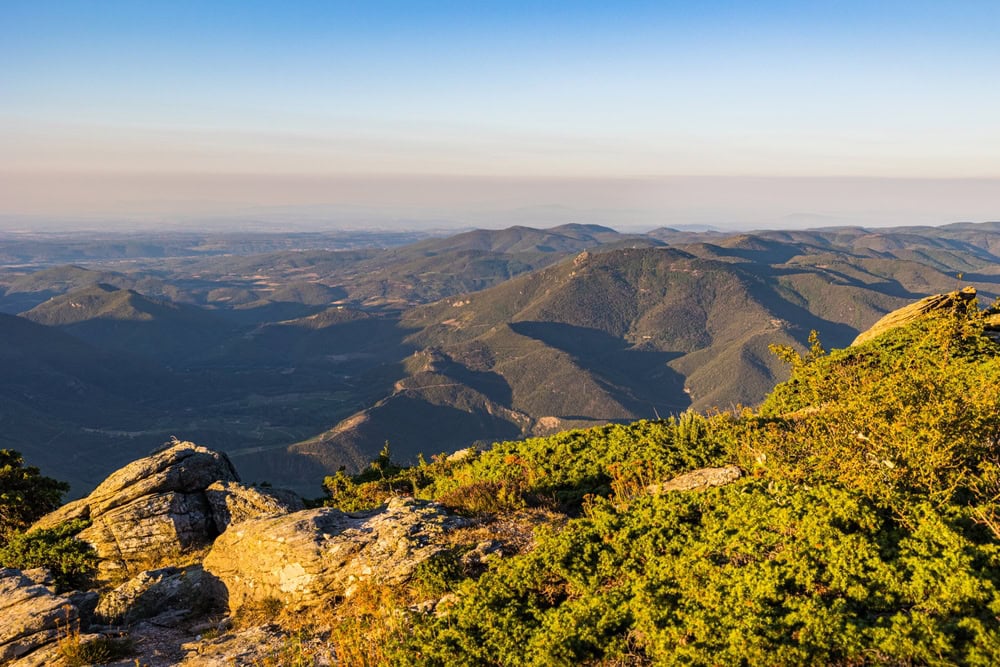
Still off the beaten path, Haut-Languedoc is a land of wild contrasts and deep silence. From the Caroux mountains to the Somail forests and the Héric gorges, the landscapes unfold gently, each one leading seamlessly into the next. In June, the hiking trails offer a front-row seat to rare biodiversity, carried by the steady hum of cicadas.
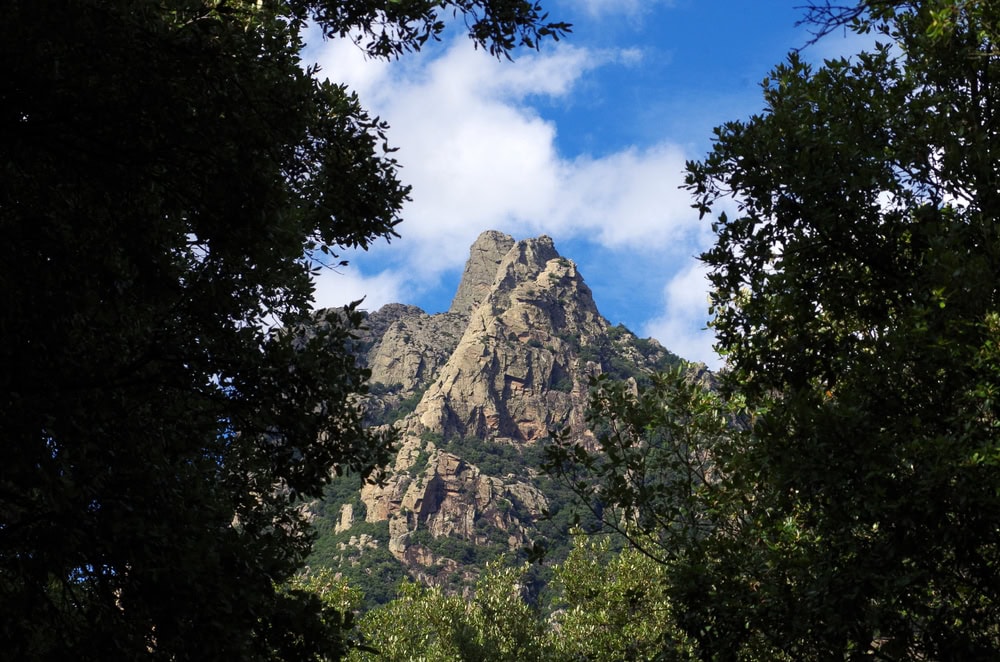
If you’re lucky, a mouflon might cross your path. Teritoria invites you to embrace restorative experiences such as walking, photography, botanical explorations, or learning the basics of permaculture on local farms.
In Italy, Mediterranean peace and unspoilt countryside
Now we head towards a hidden Italy, shaped by its art of living, forgotten villages and sun-kissed terroirs that speak to the soul.
Molise
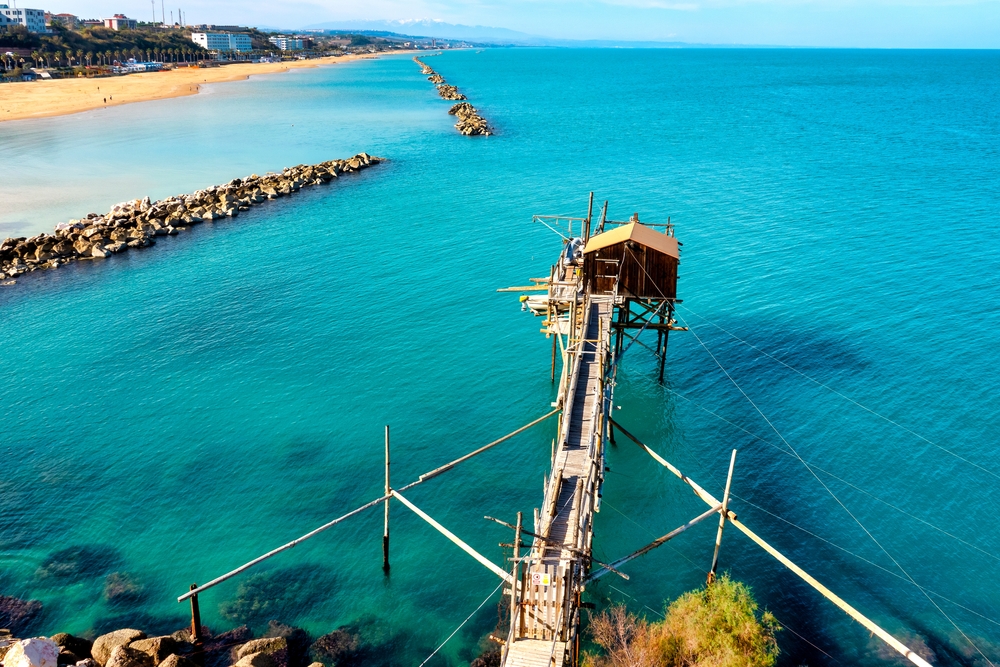
Forget Rome, Florence or the Cinque Terre. Molise, tucked between Abruzzo and Puglia, is perhaps Italy’s most discreet region, and one of its most authentic. Its medieval villages, like Agnone, Termoli and Campobasso, feel untouched by time. The ancient dialects are still spoken here, and cooking is done following traditional methods.
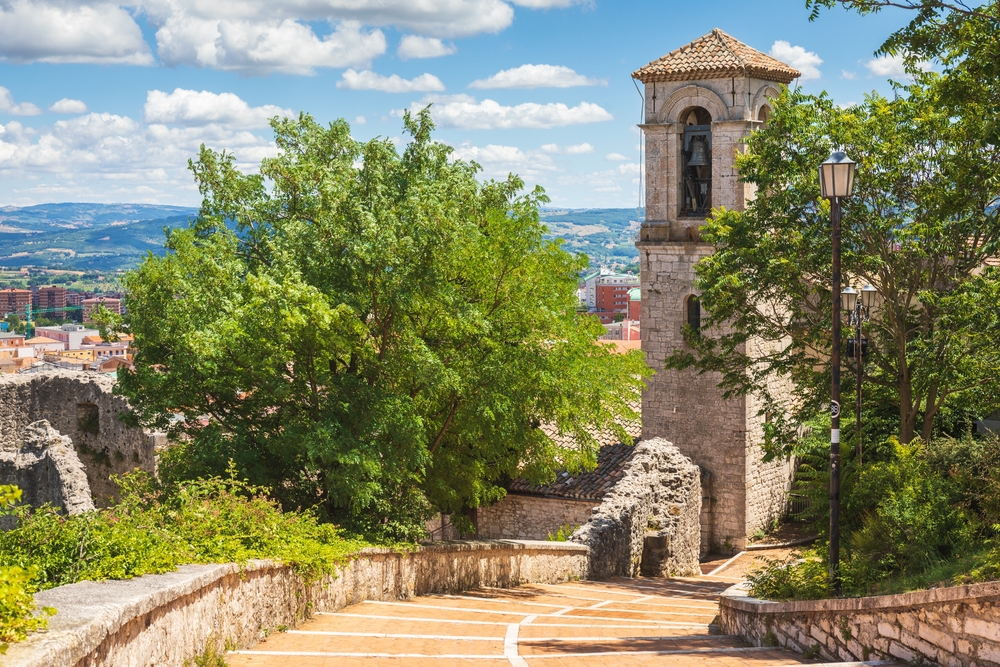
In June, the hiking trails are in full bloom and the beaches remain blissfully empty. It’s the perfect time to explore the region by foot, train or bike! Our signature recommendation: follow a transhumance trail to experience the age-old bond between humans, animals and the land.
Marches
Still off the radar for most travelers, the Marches is Tuscany’s quiet alter ego. In early summer, the light is golden, the temperatures just right, and the sea already warm enough for unhurried swims. Among our favorite villages: Urbino, Corinaldo and Offida
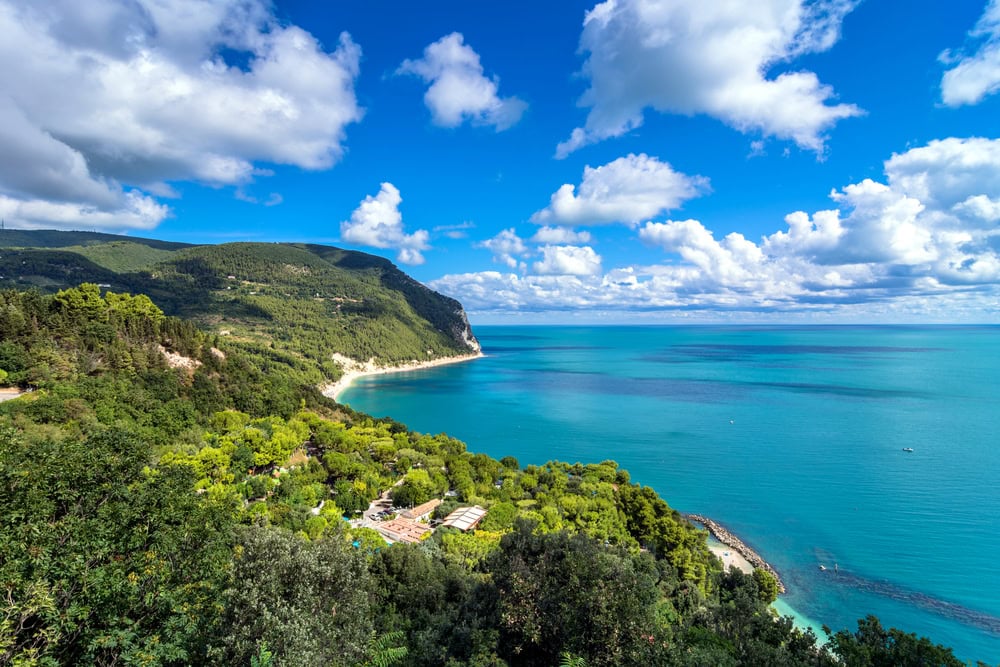
For those who love to walk, the Conero Regional Park offers winding trails and hidden coves, revealed only to those who take the time to wander.
In Spain: wild inland landscapes and discreet stretches of coastline
Ah, Spain… A destination that draws you into a mosaic of cultures, languages and contrasting landscapes. Teritoria reveals a handful of authentic, intimate places, just the inspiration you need to answer the timeless question: where to go in Europe this June?
Asturias
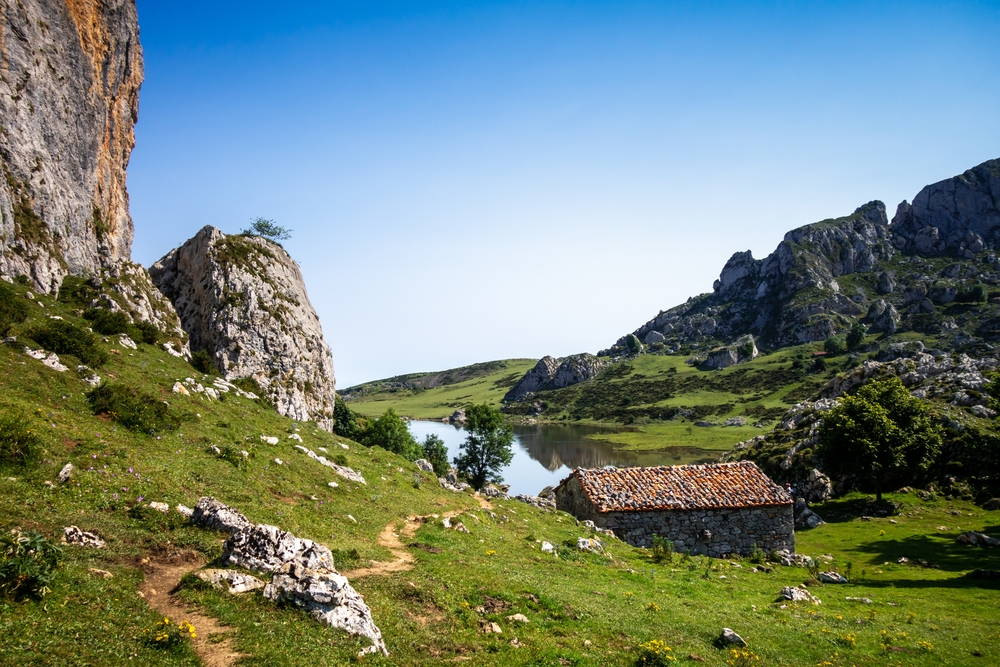
Forget the crowded beaches of the Costa Brava and head for Asturias, in the northwest of Spain. Here, the mountains plunge into the sea, villages feel lifted from a storybook, and the cuisine pays tribute to the land with honest, local products.
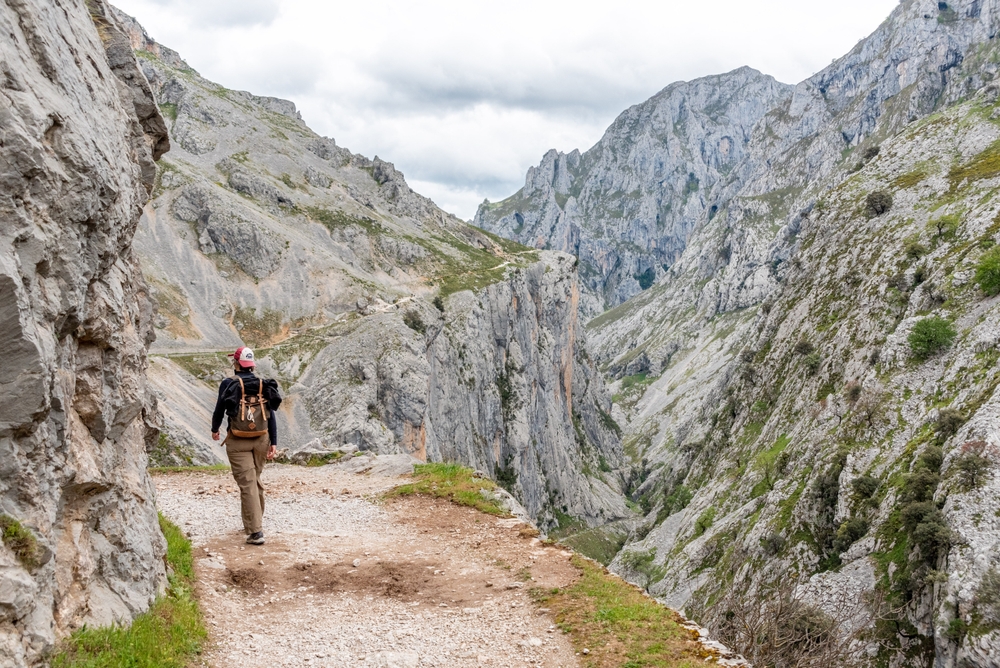
One of our favourite places: the Picos de Europa National Park — a sanctuary for hikers, where trails remain quiet even in early summer. For a more unusual experience, spend a night in a cabin deep in nature and rediscover the beauty of simplicity.
Catalonia’s inland landscapes
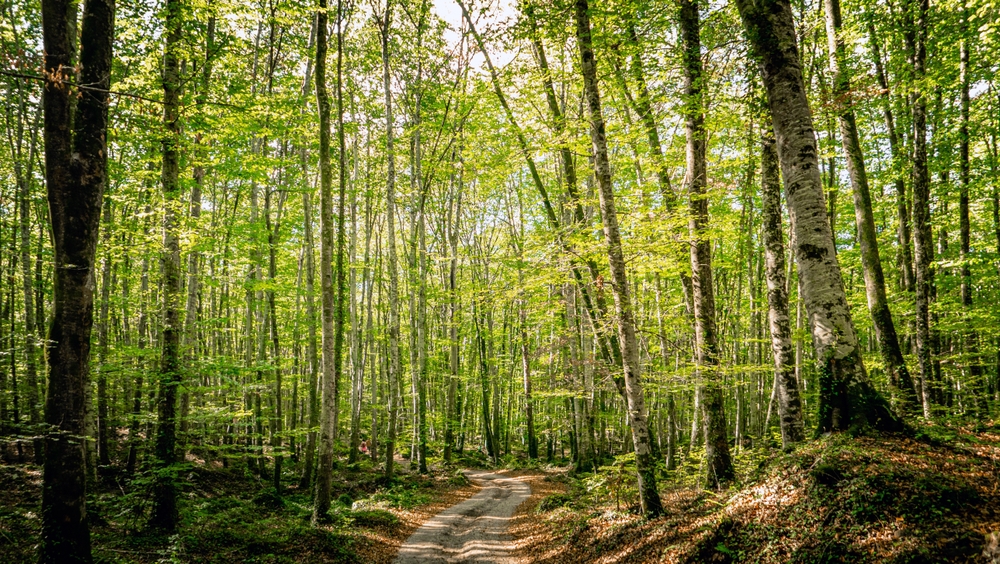
If you’re looking for sunshine in June without heading to the coast, consider a getaway into Catalonia’s inland heartland. Far from Barcelona’s bustle, regions like La Garrotxa and Priorat open the way to a world of extinct volcanoes, deep forests and hilltop villages.
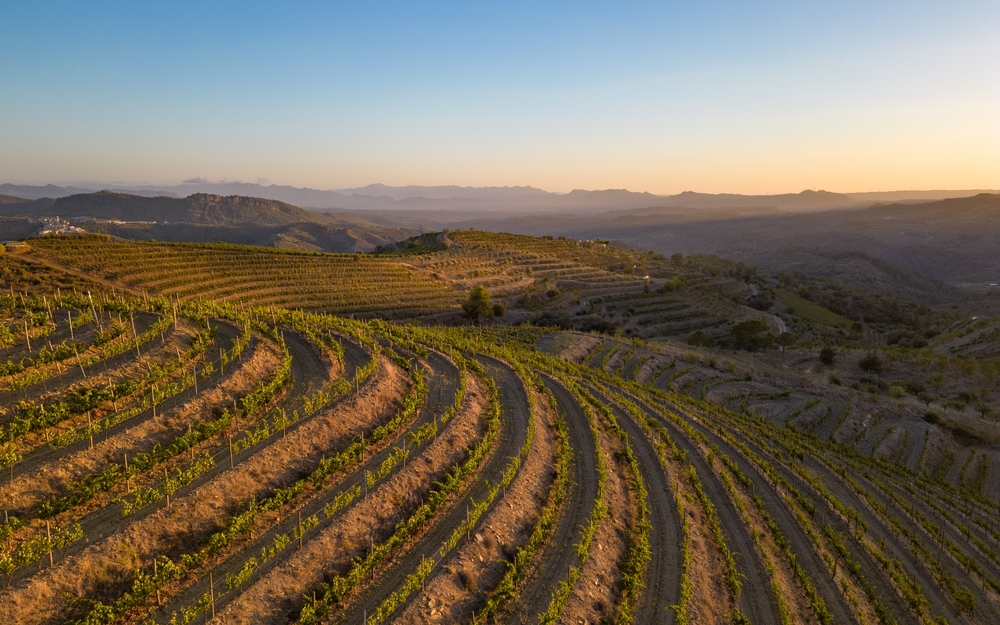
The atmosphere is peaceful, the people warm, and traditions remain beautifully intact, all within a preserved natural setting. If you enjoy wine tourism and scenic hikes, this is a place that will win you over!
Travel differently this June
Travelling in June means embracing the quiet beauty of the early season, when destinations are still peaceful, locals are more available, and nature is bursting with life. It’s also a time to travel more consciously: choosing lesser-known places, slower modes of transport, and experiences rooted in the land. Europe is wide open, all that remains is to step off the beaten path… and follow the sun. With Teritoria, discover a new way of travelling: authentic, sustainable, and deeply human. Our properties are just steps from these inspiring regions, hosted by people who are passionate, committed, and ready to welcome you.
To stay inspired:
Sign up to our newsletter: travel stories, inspiration and thoughtful recommendations.
Offer a journey with purpose: explore our curated gift shop.
Join our loyalty programme and become part of a community committed to sustainable hospitality.
